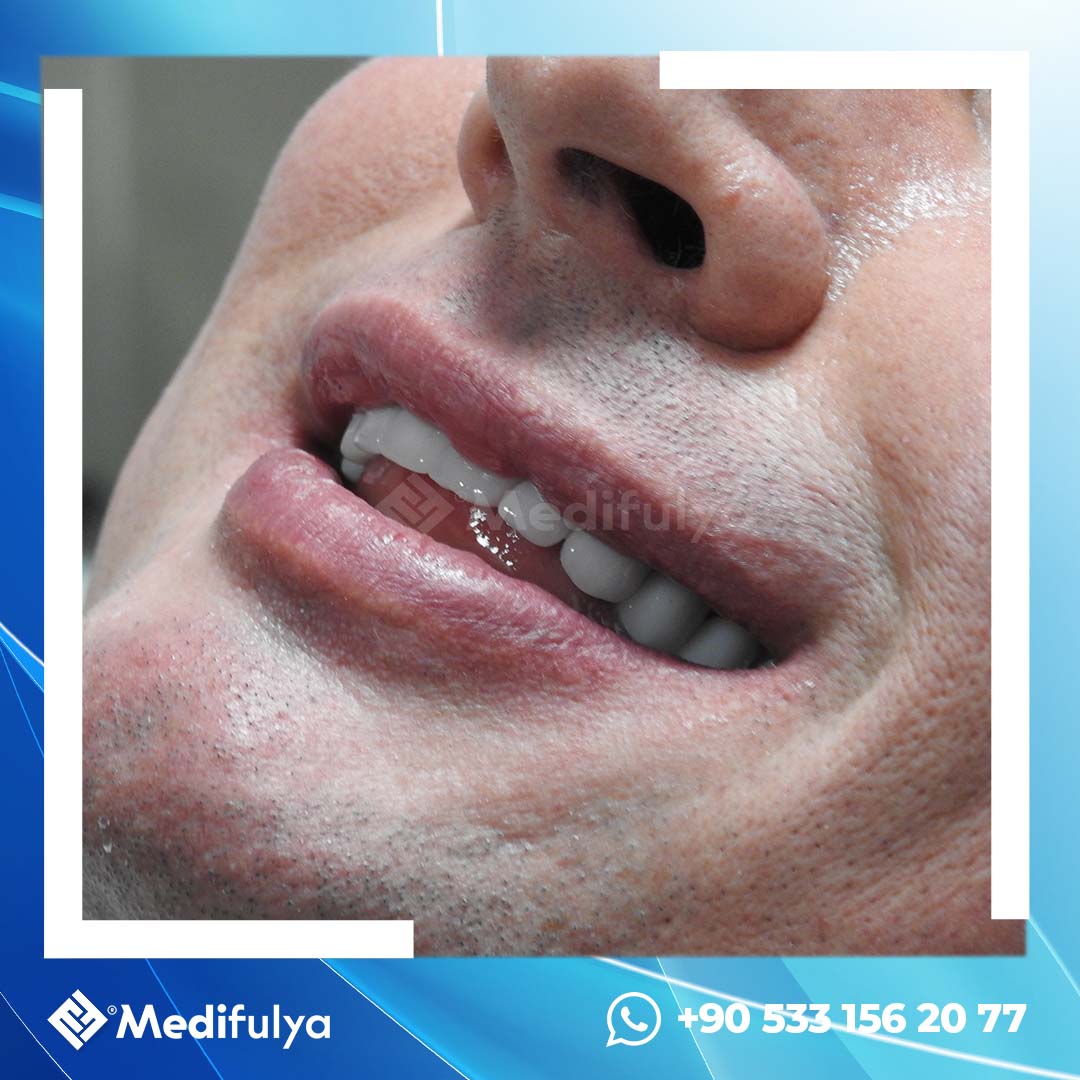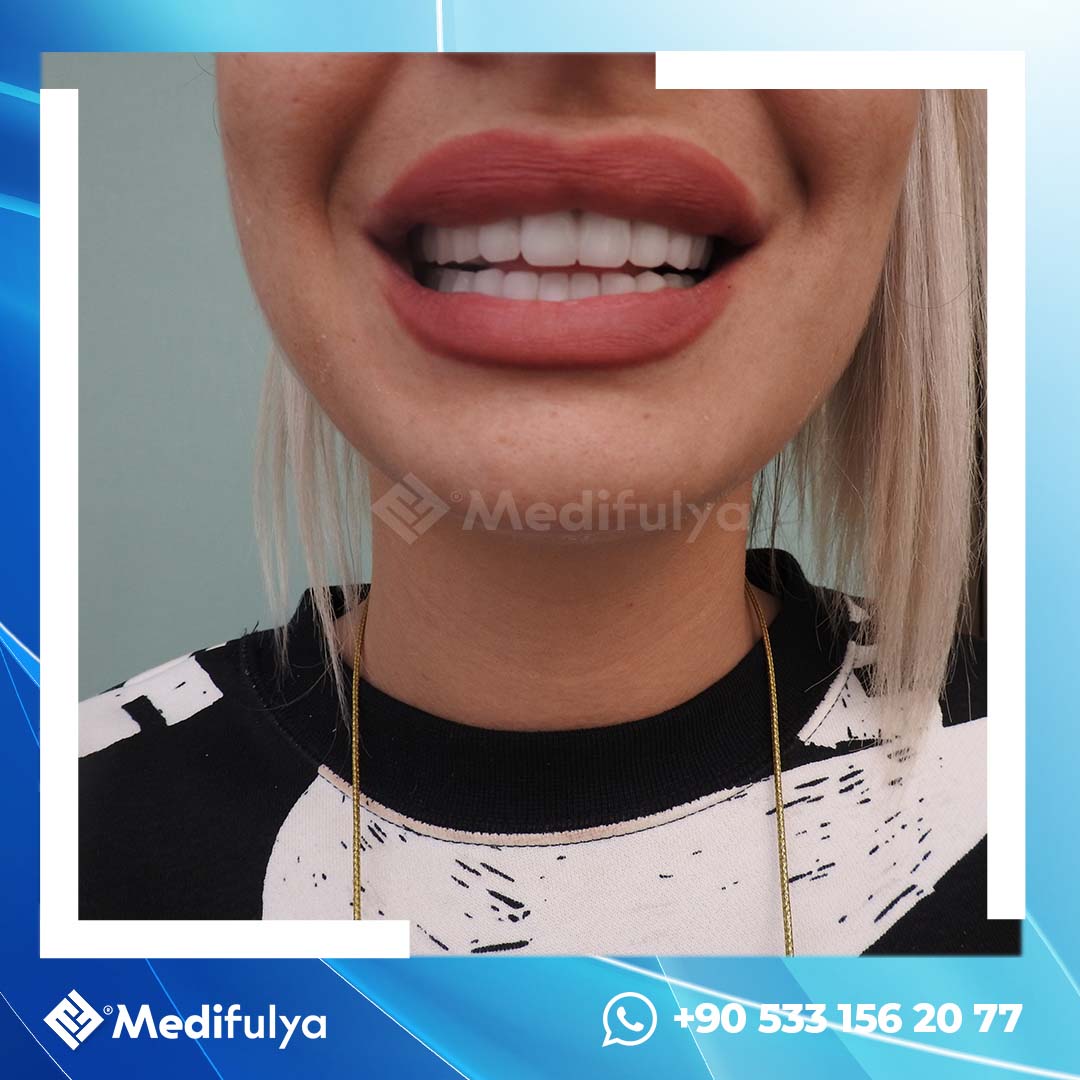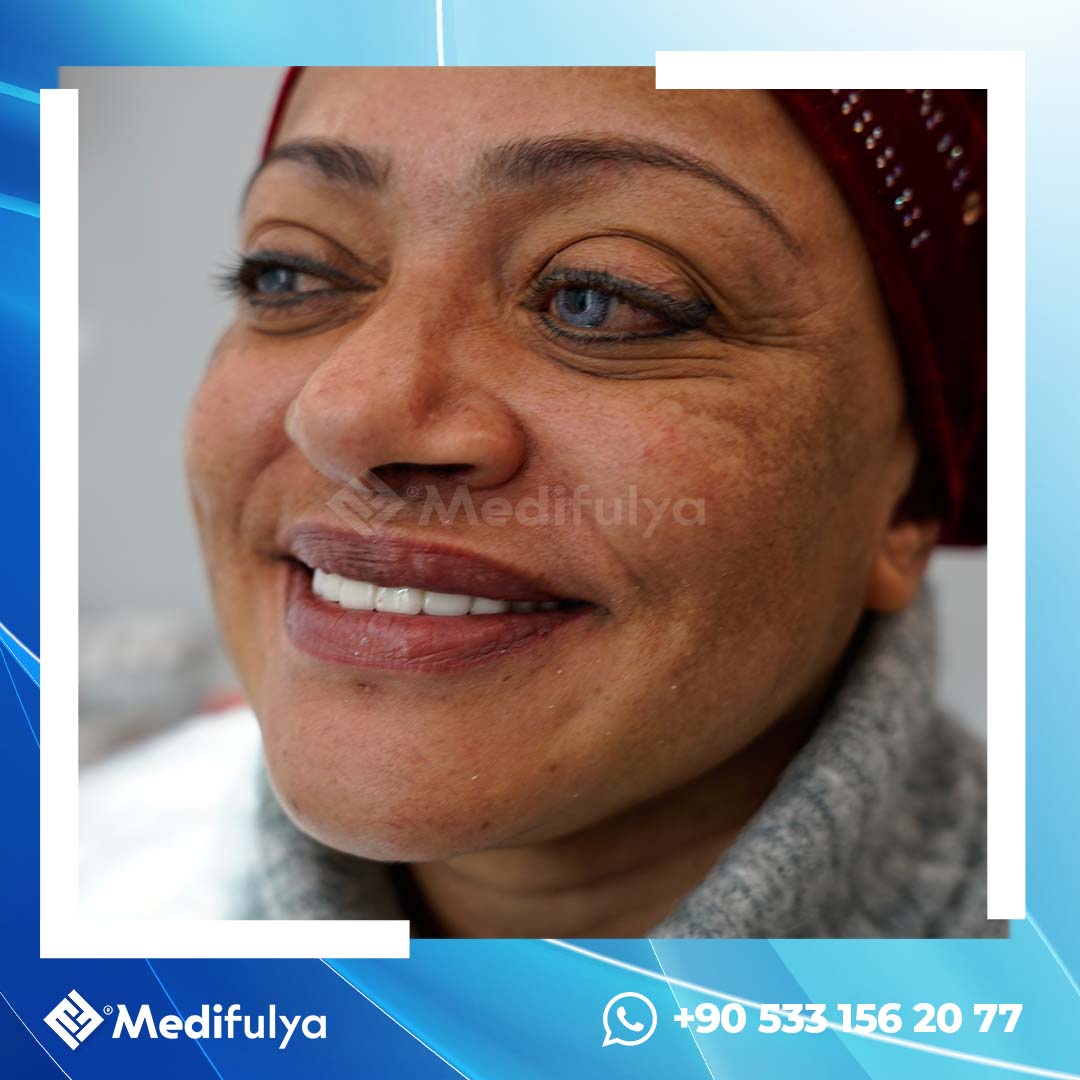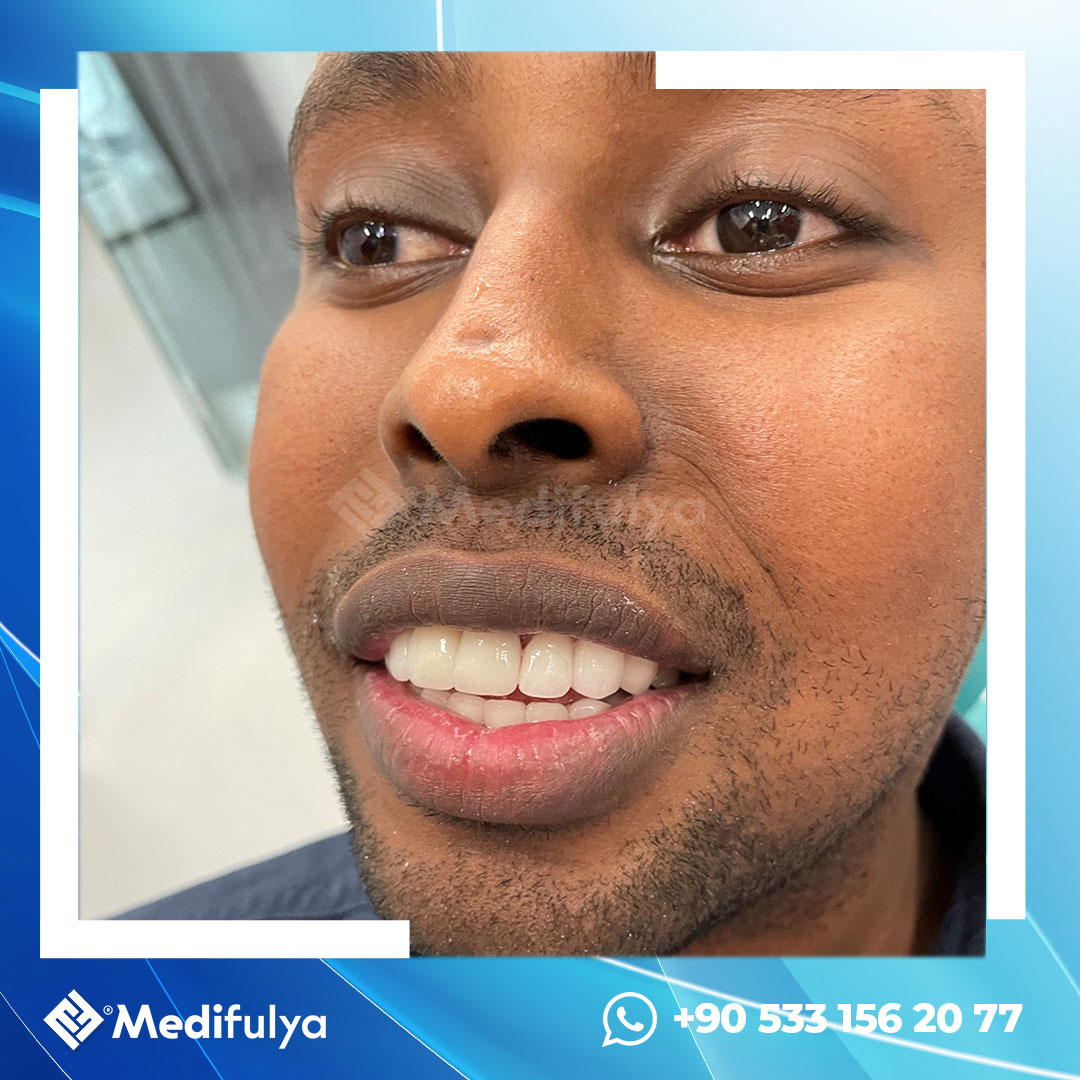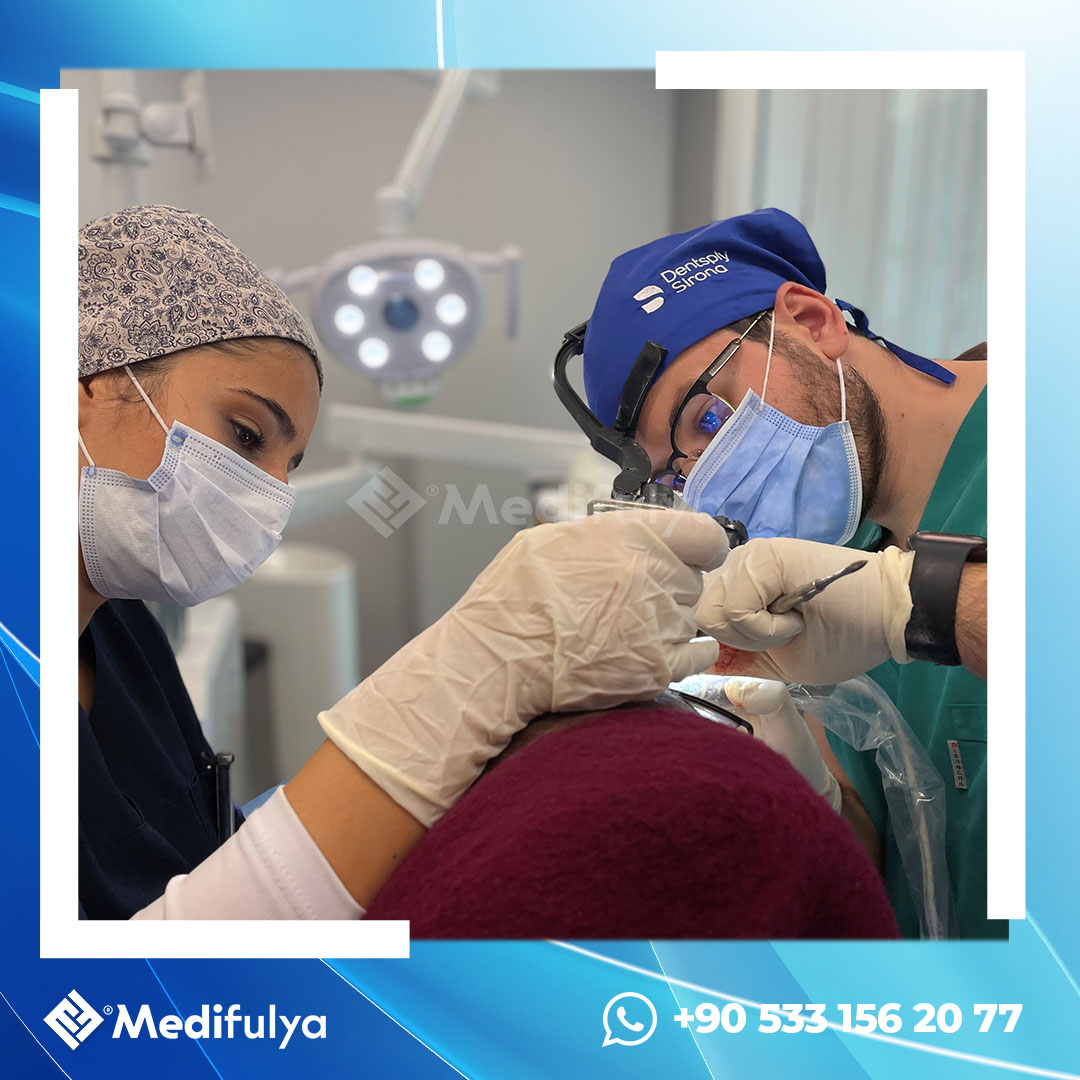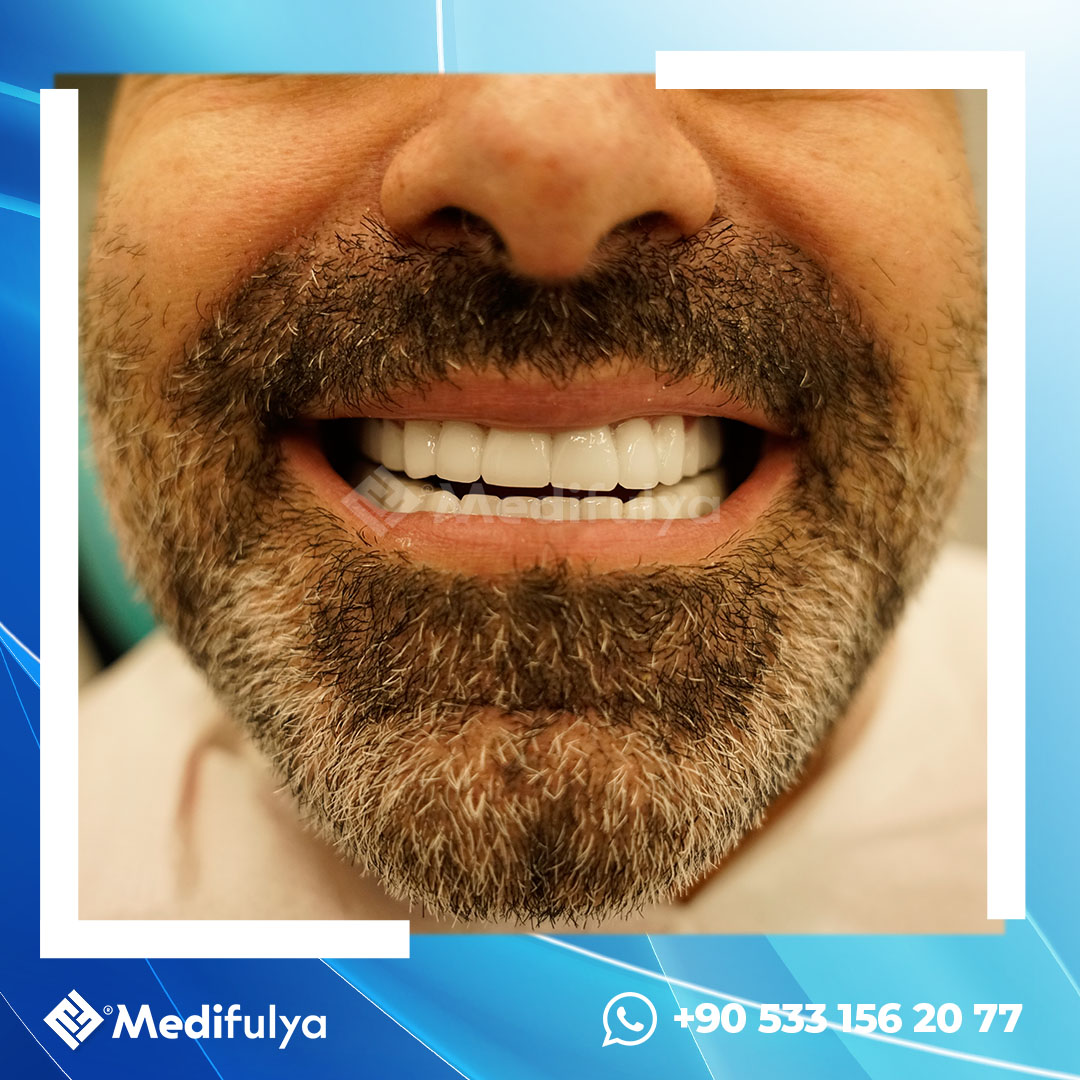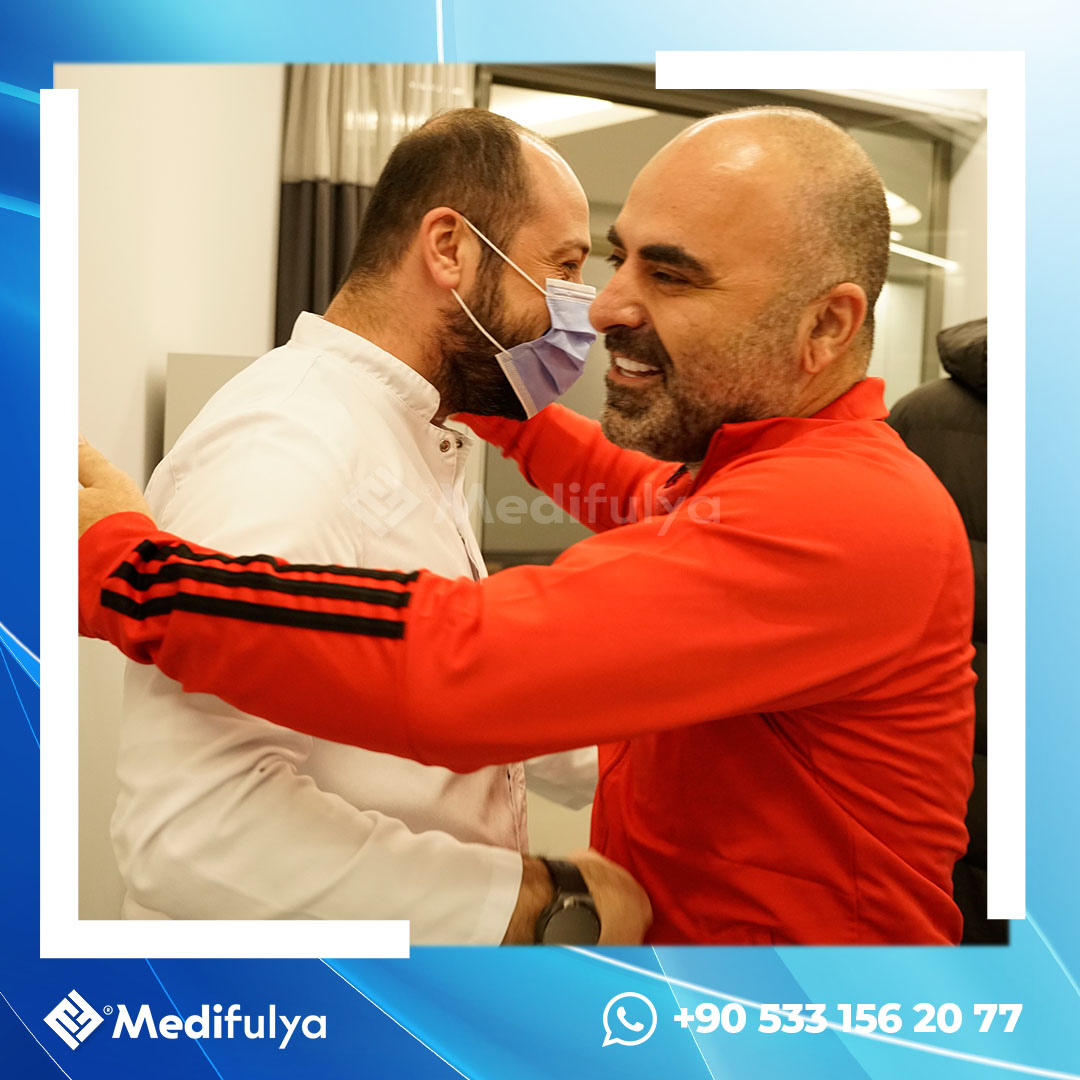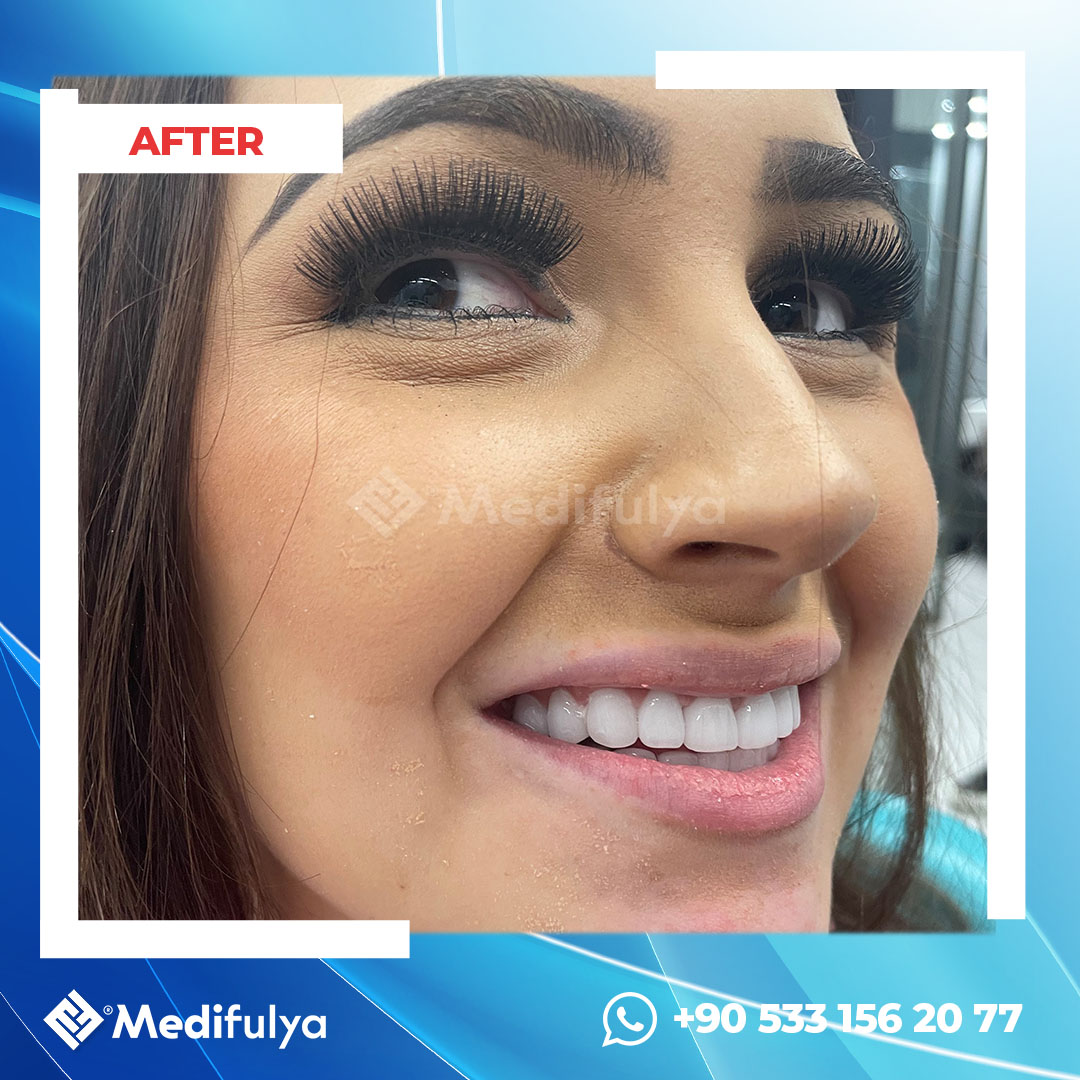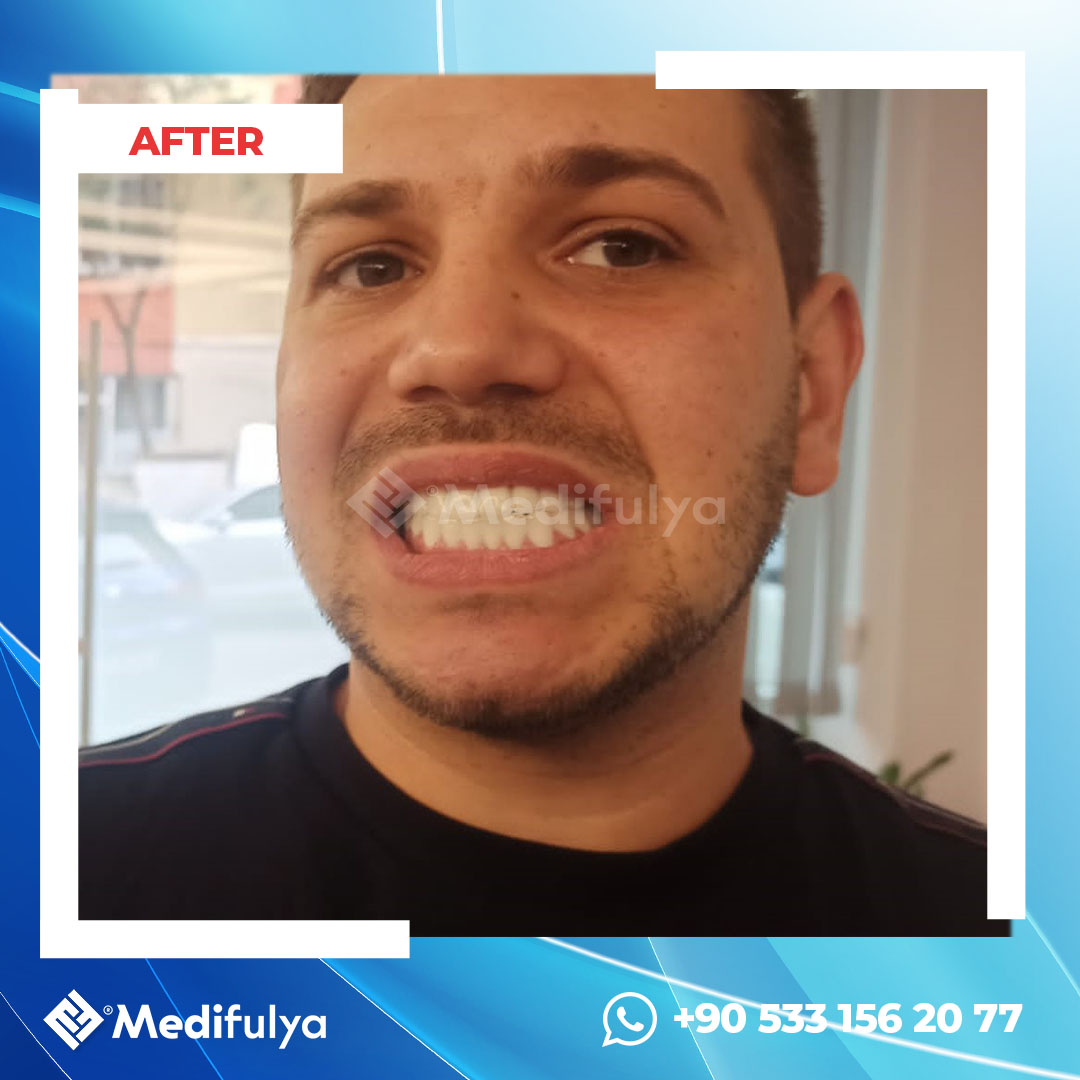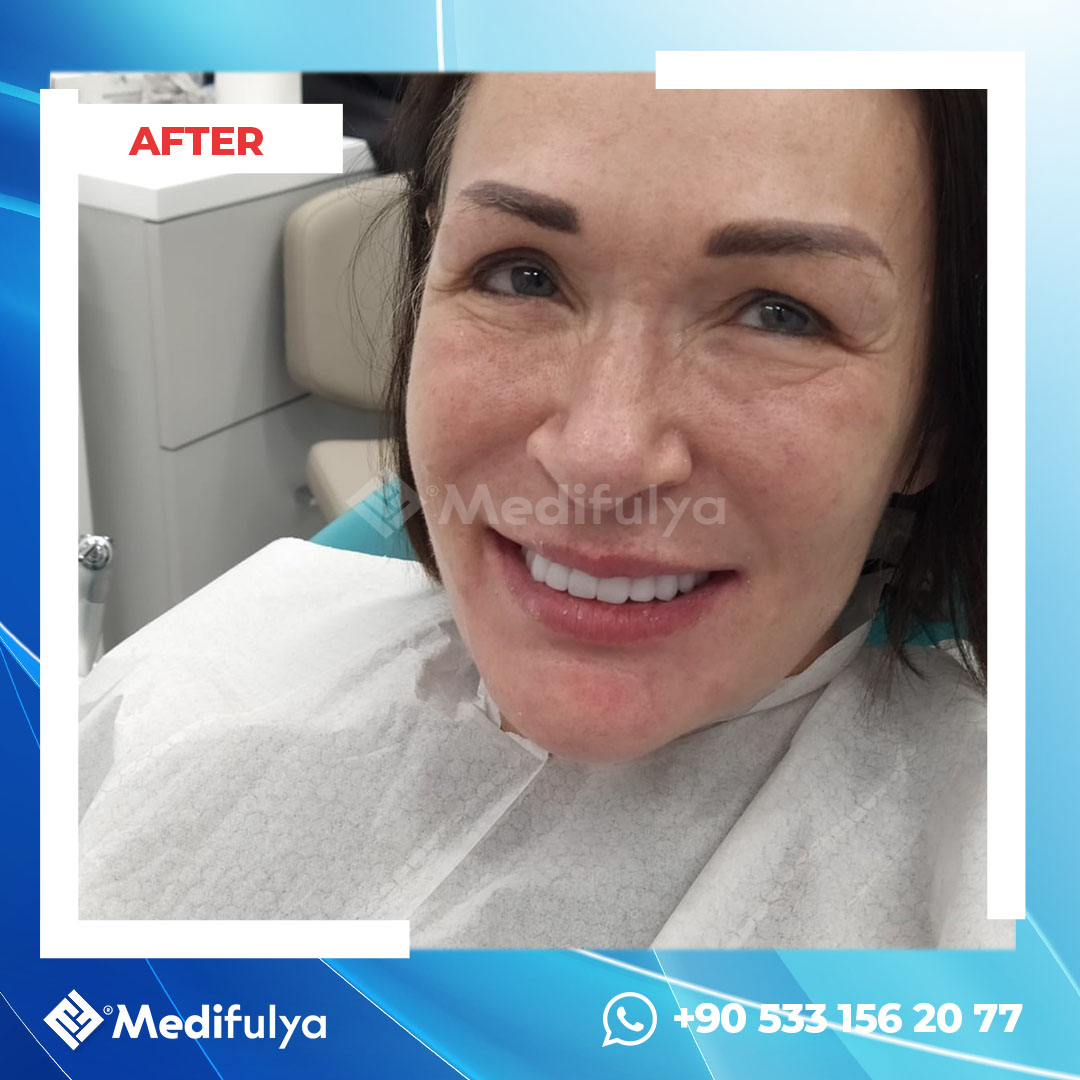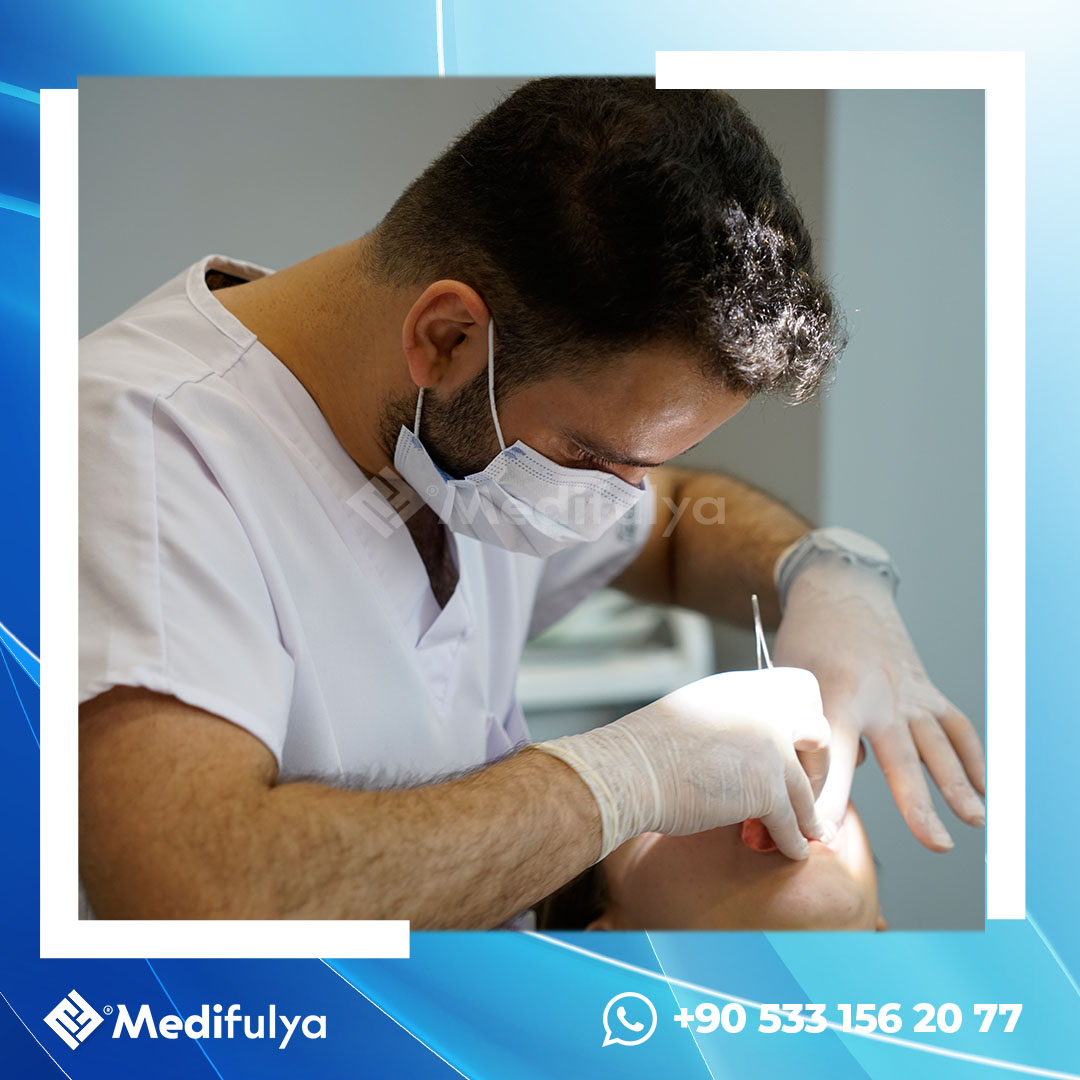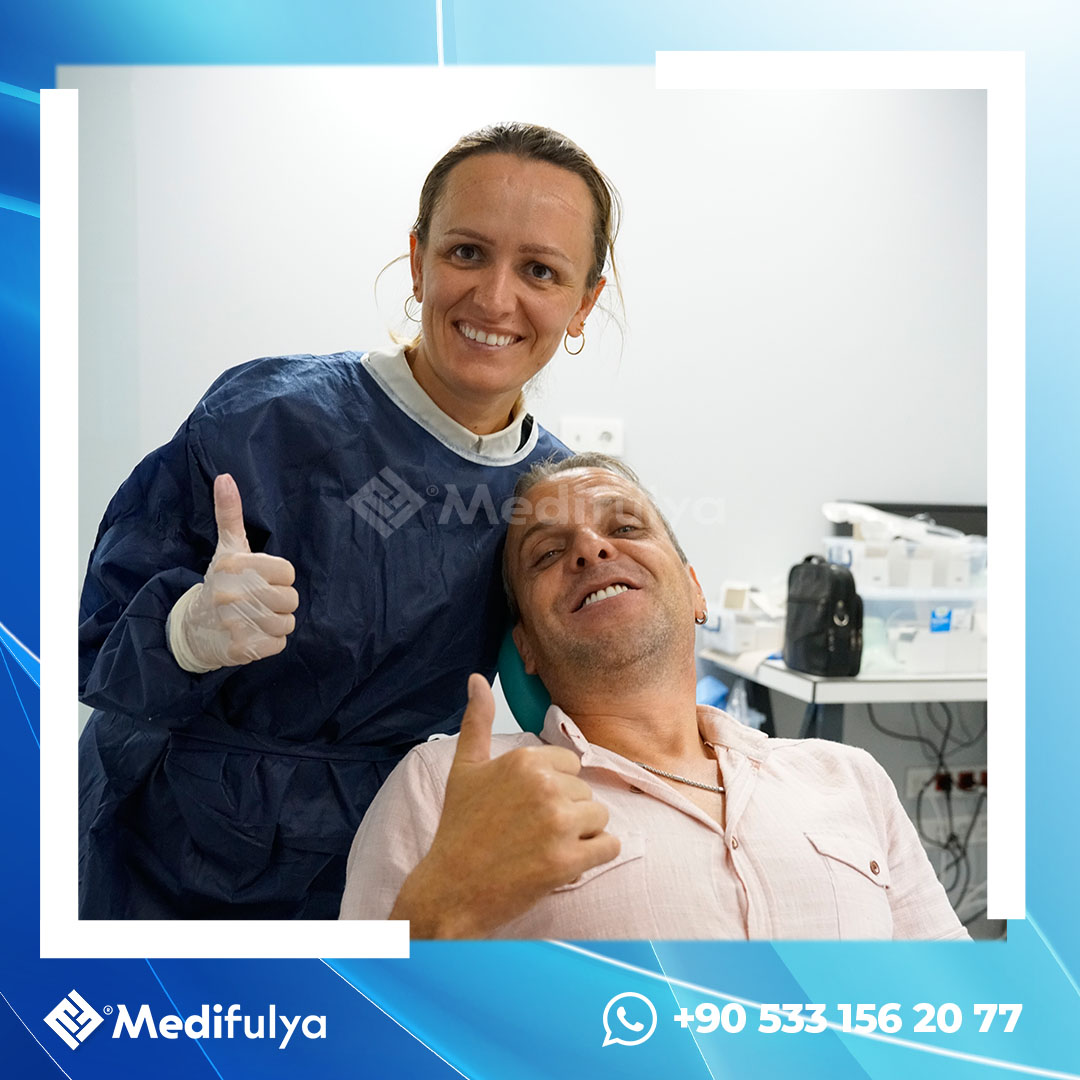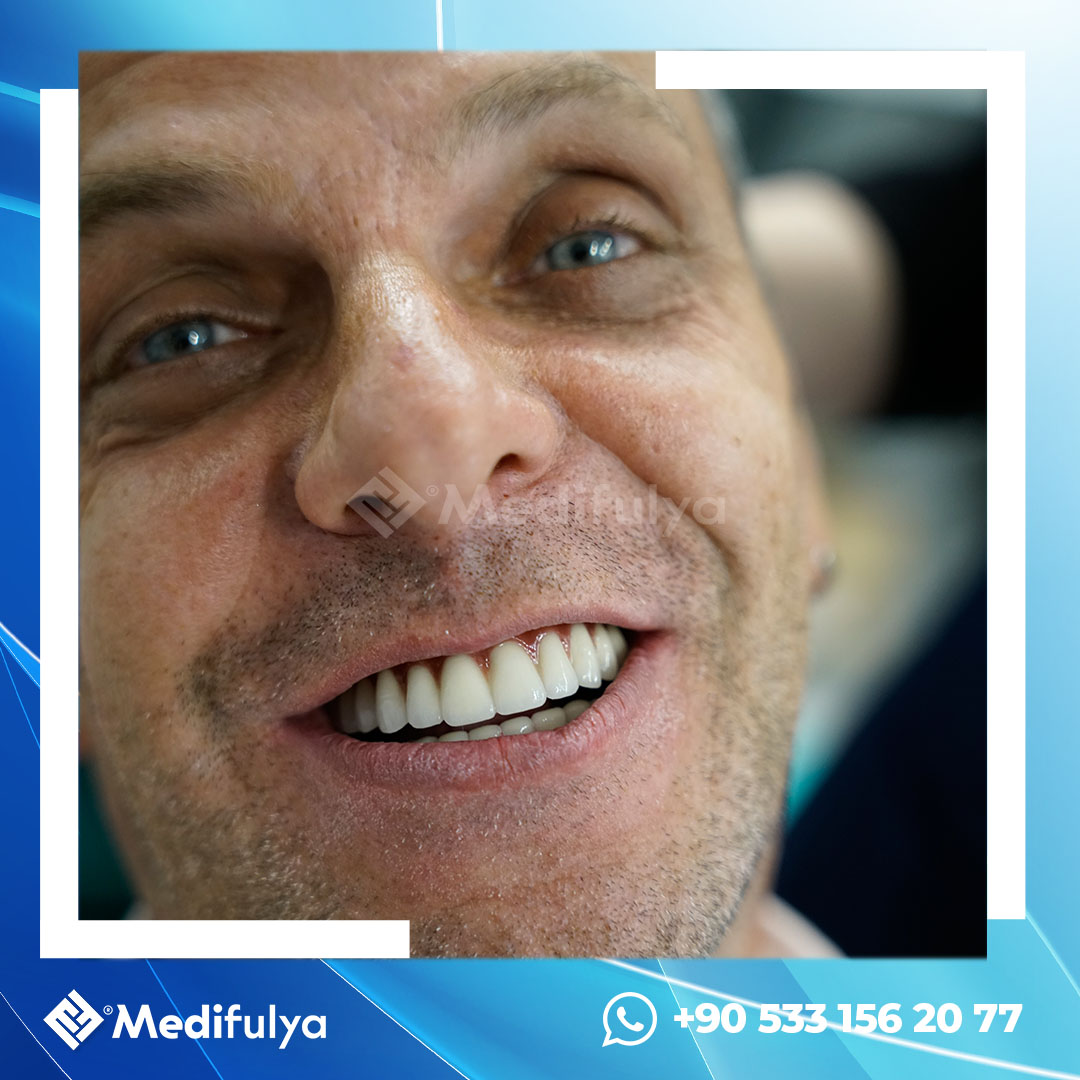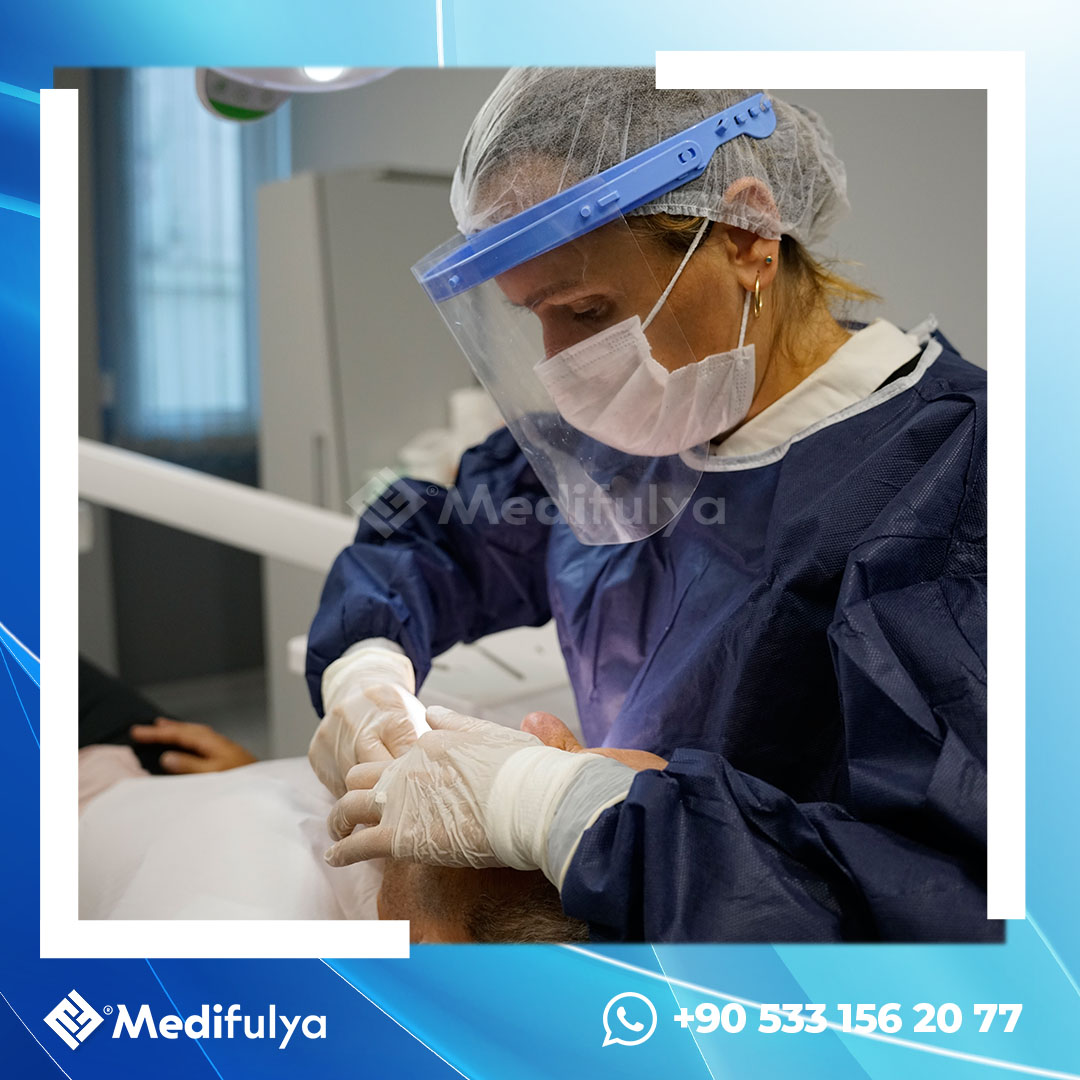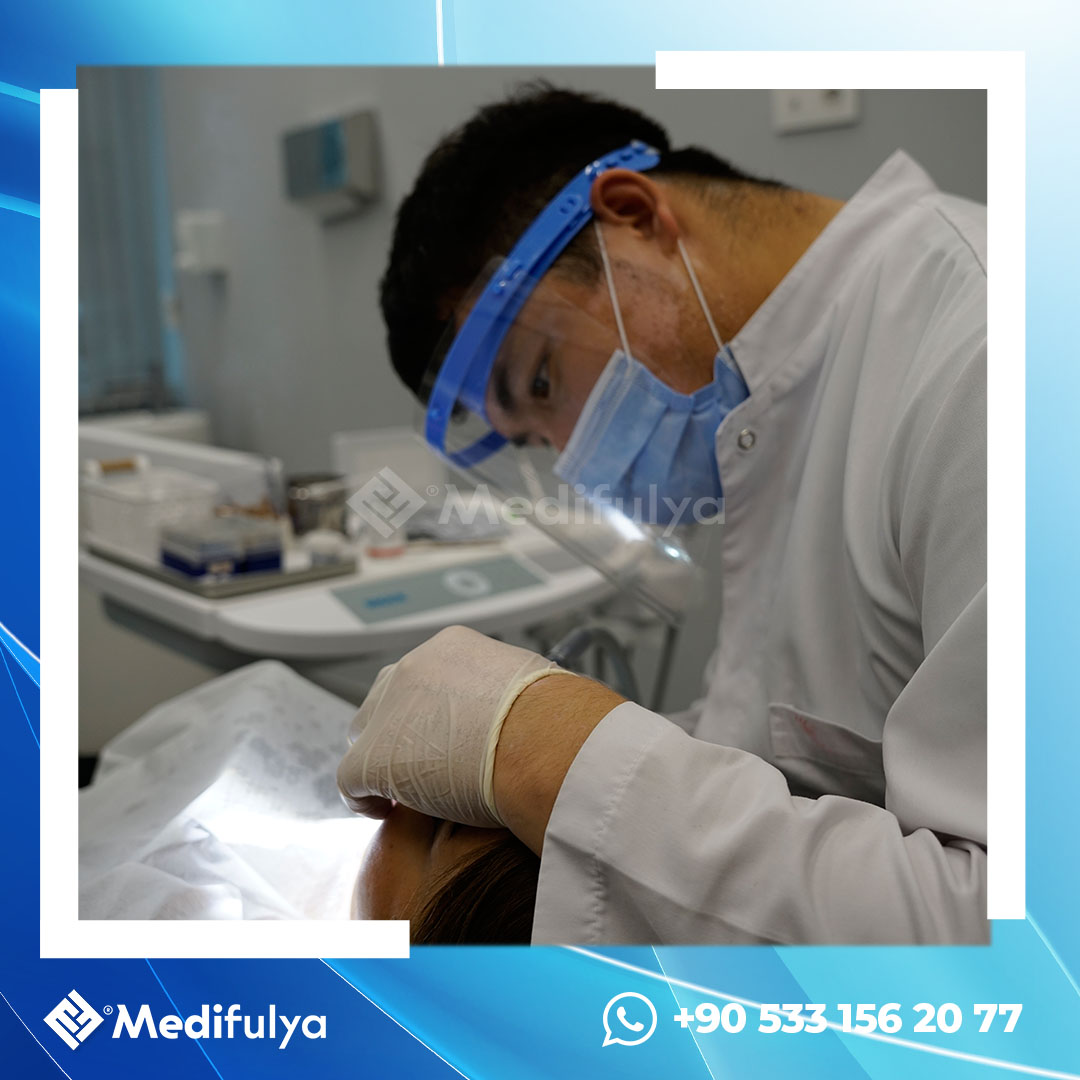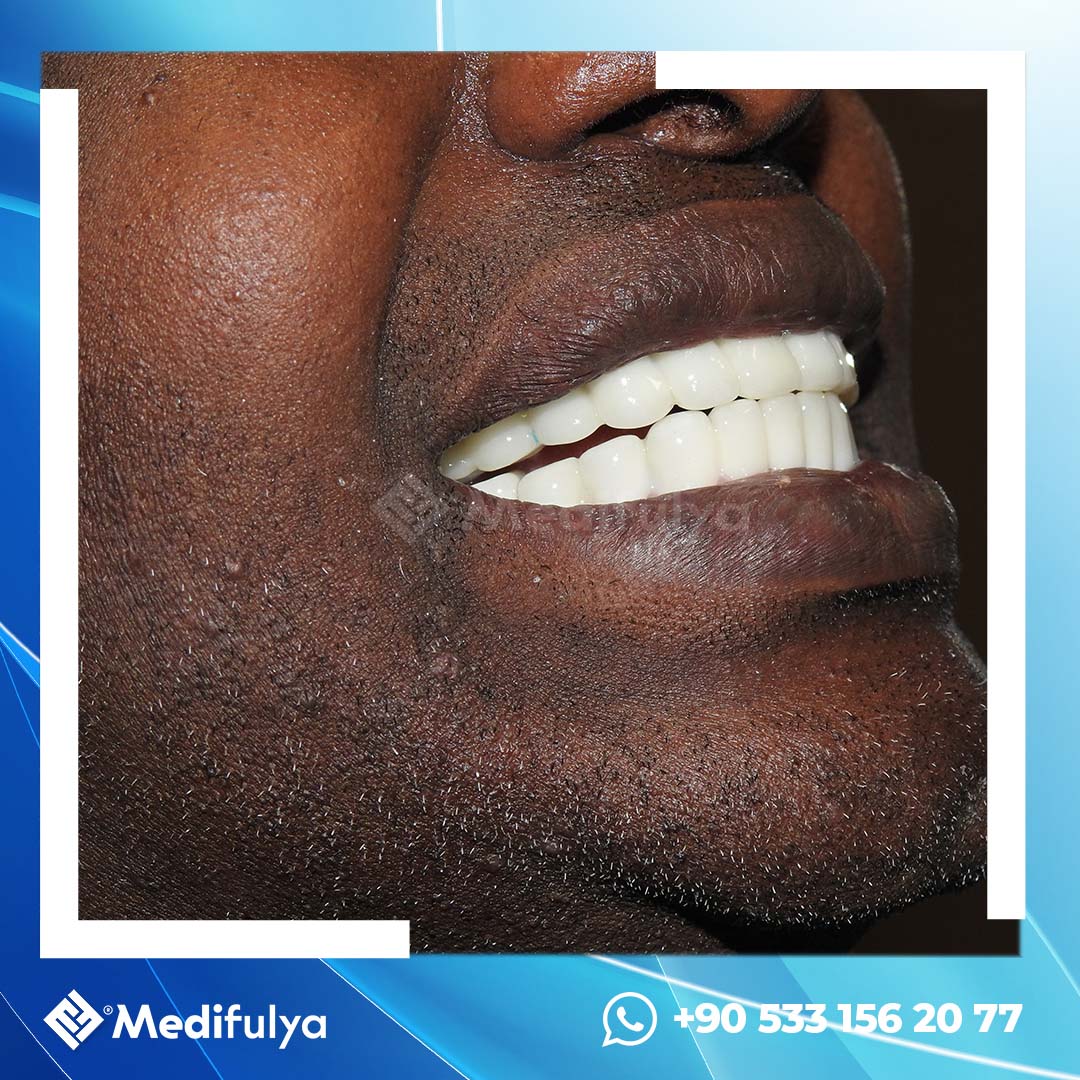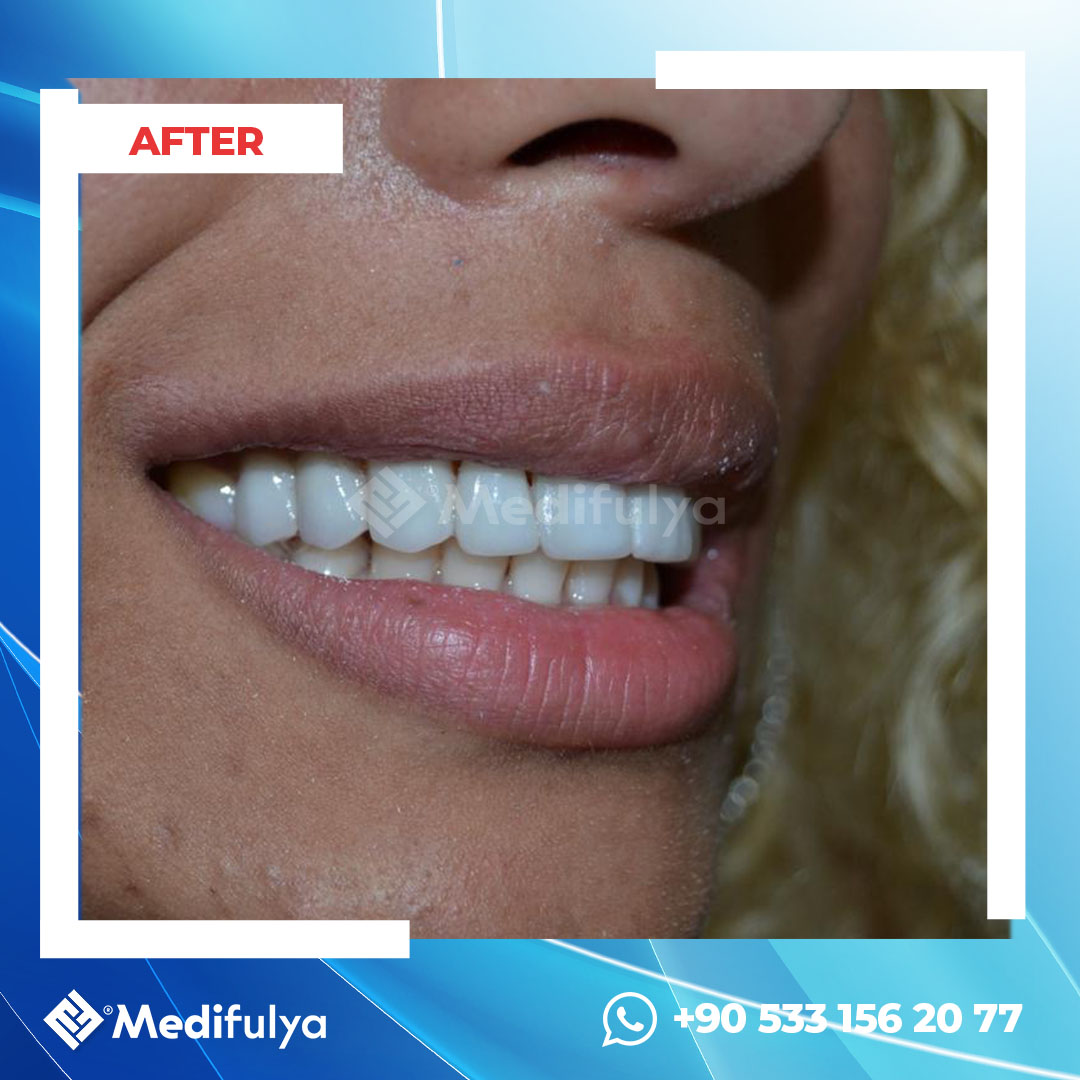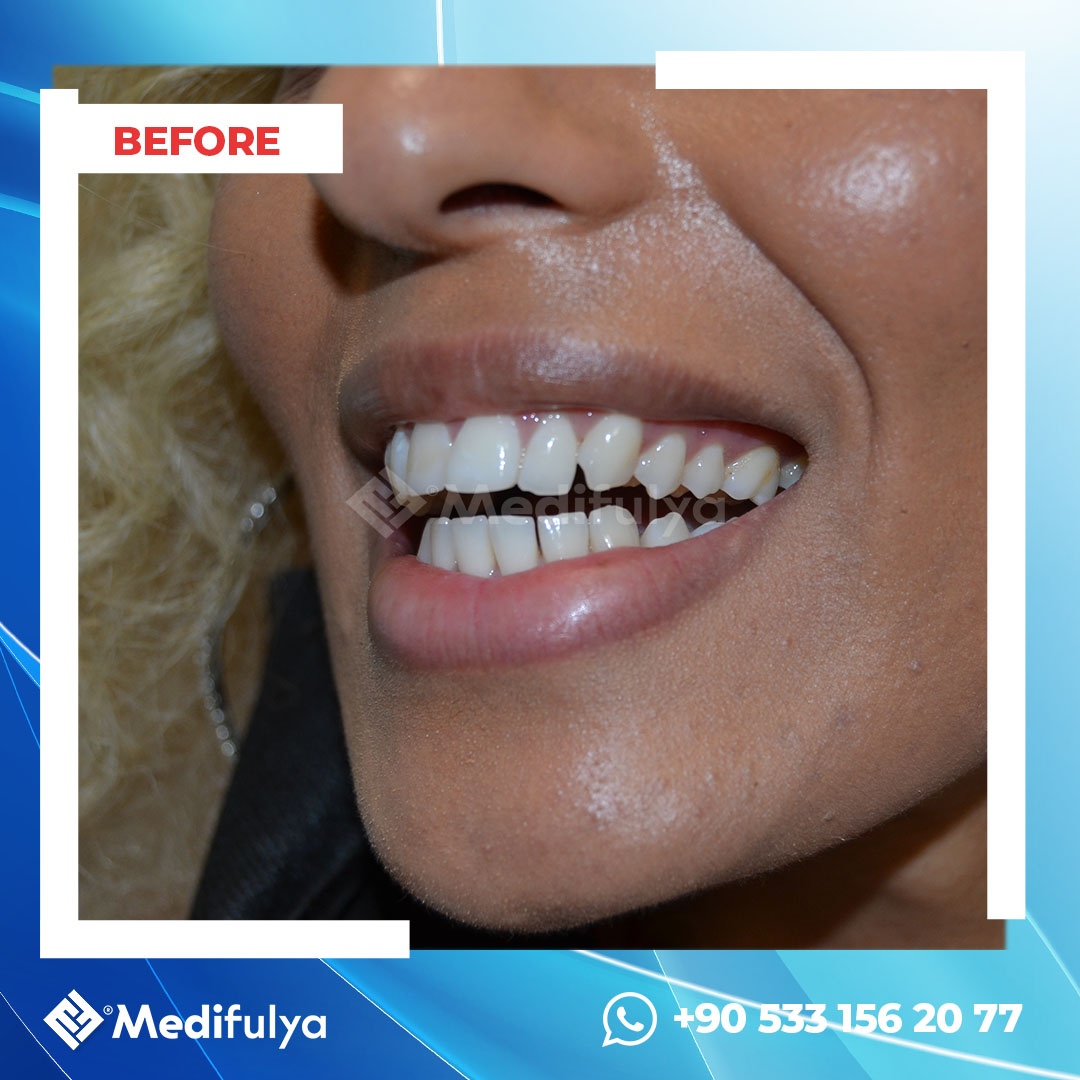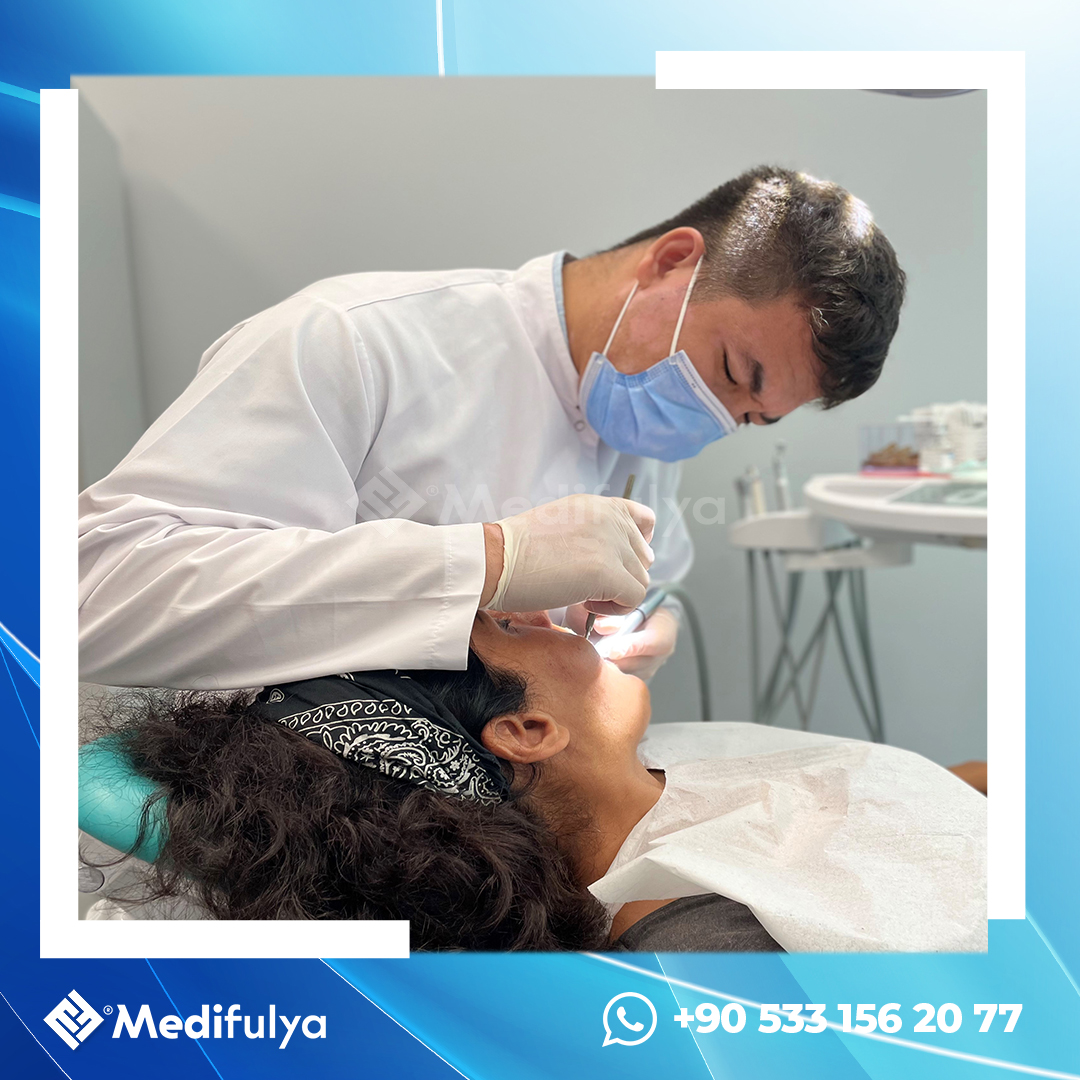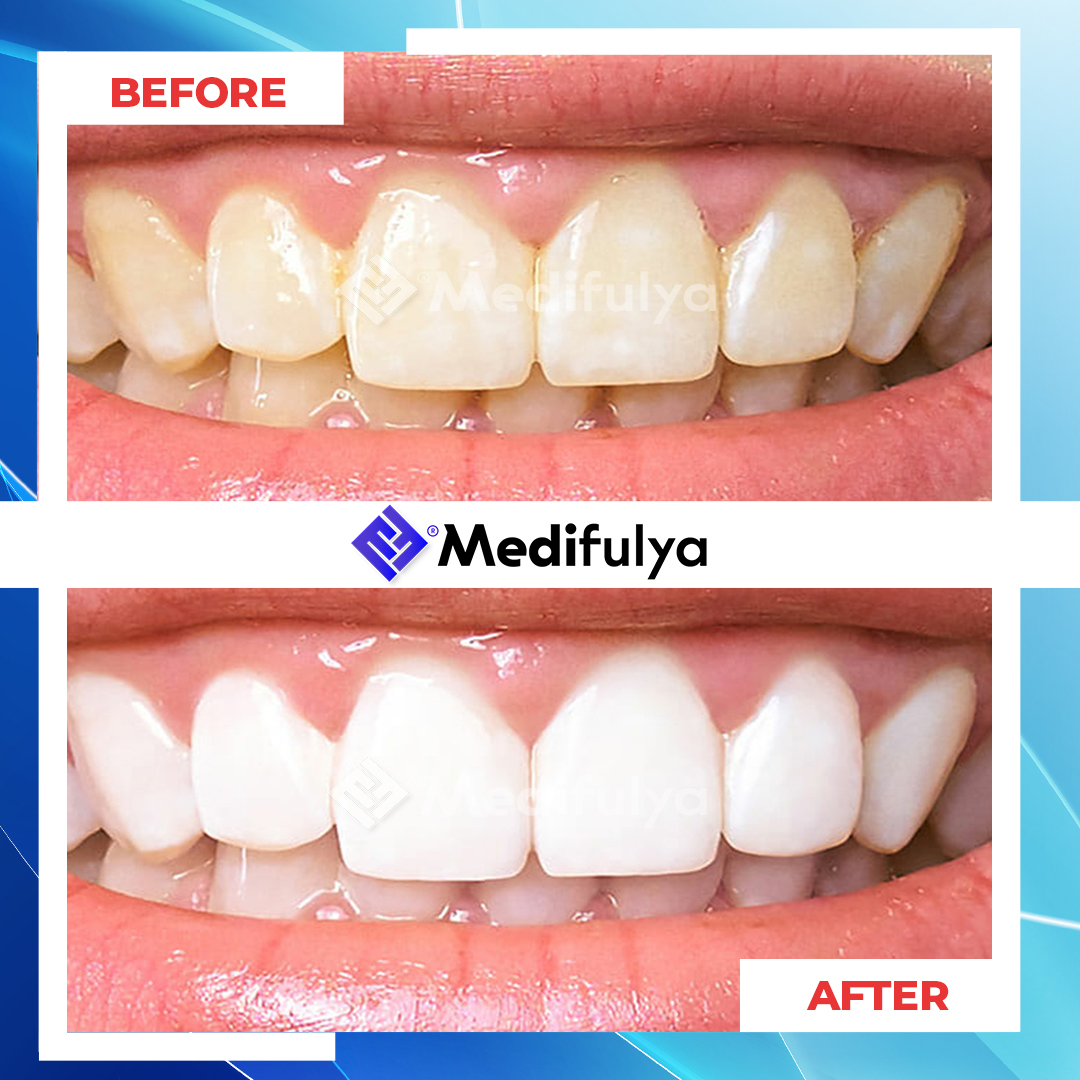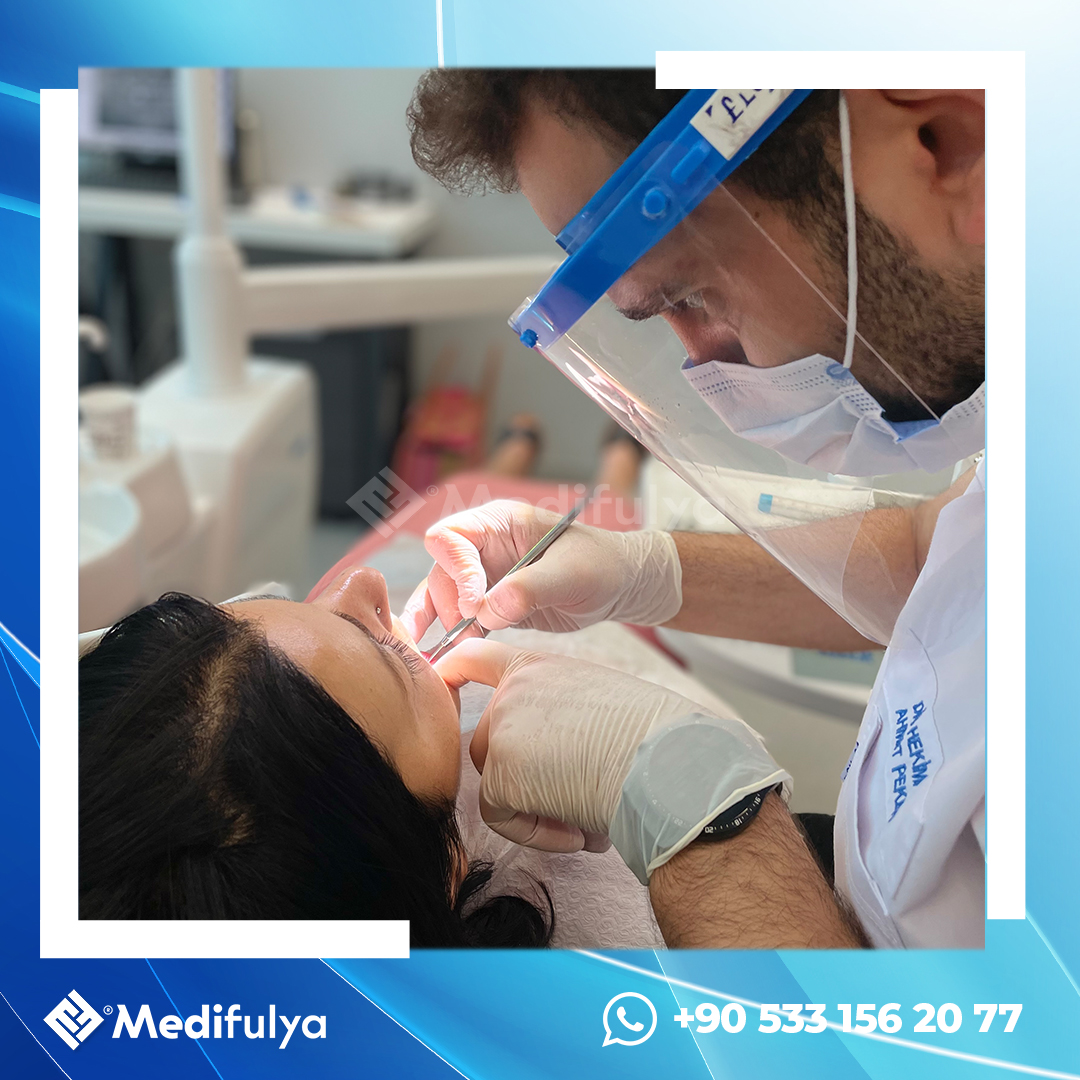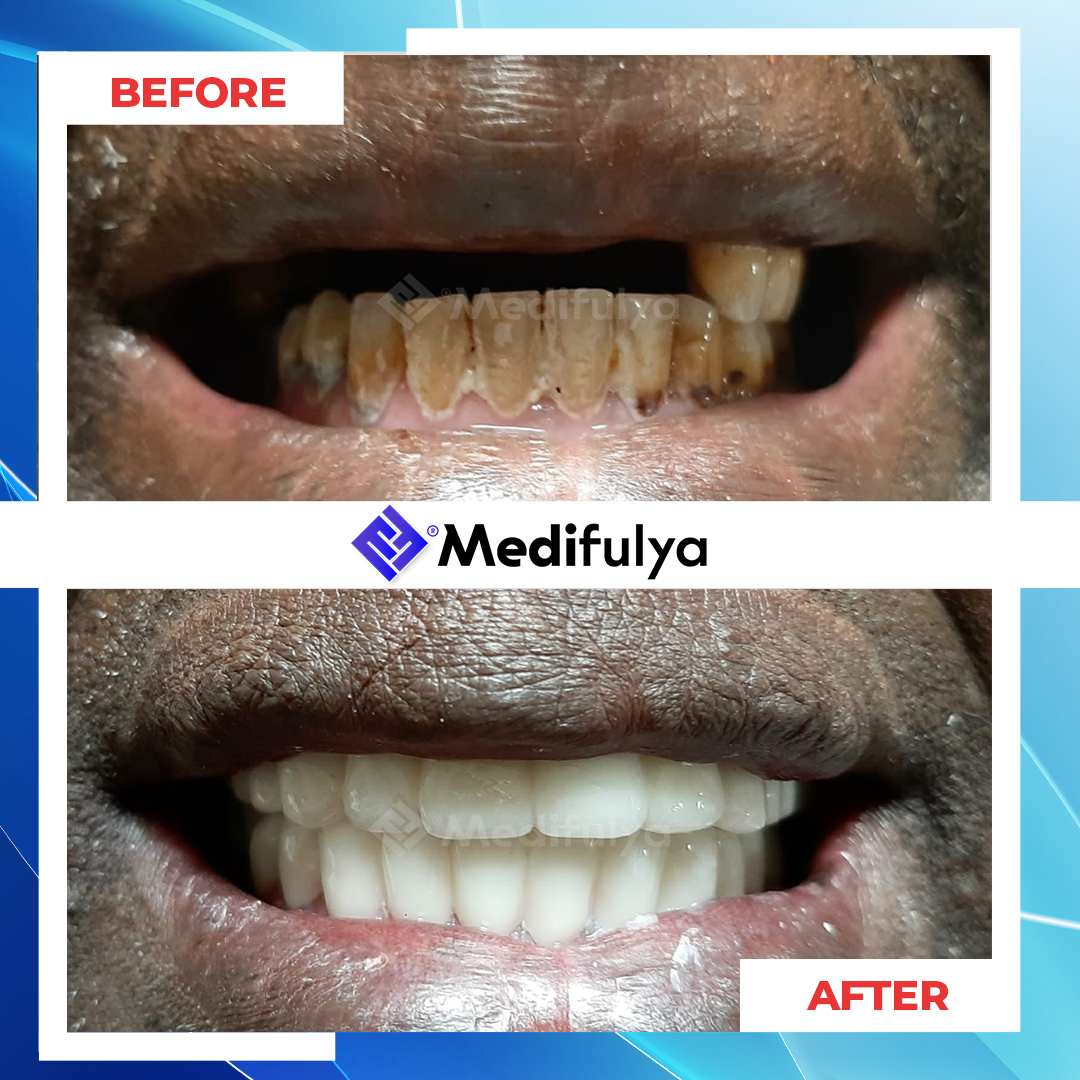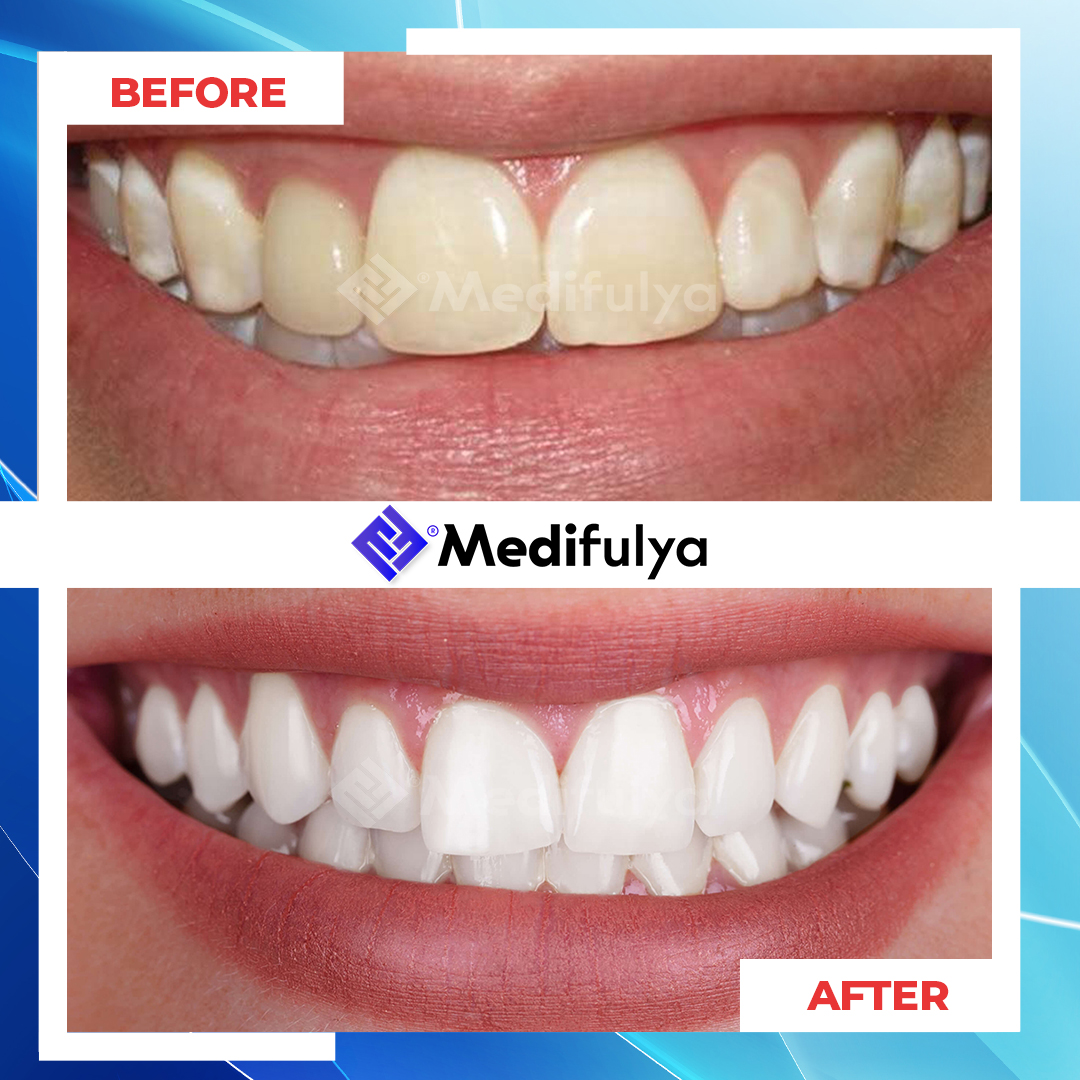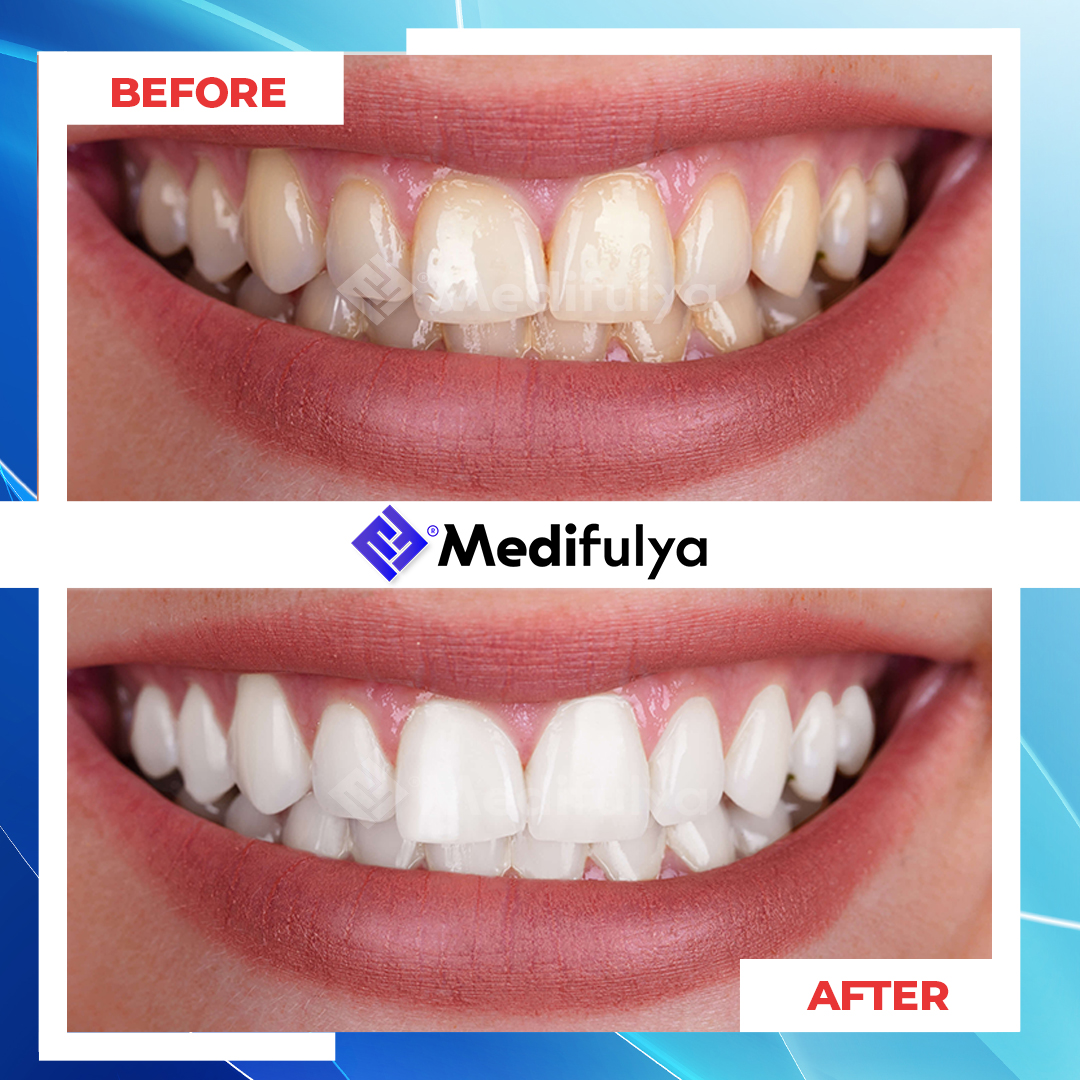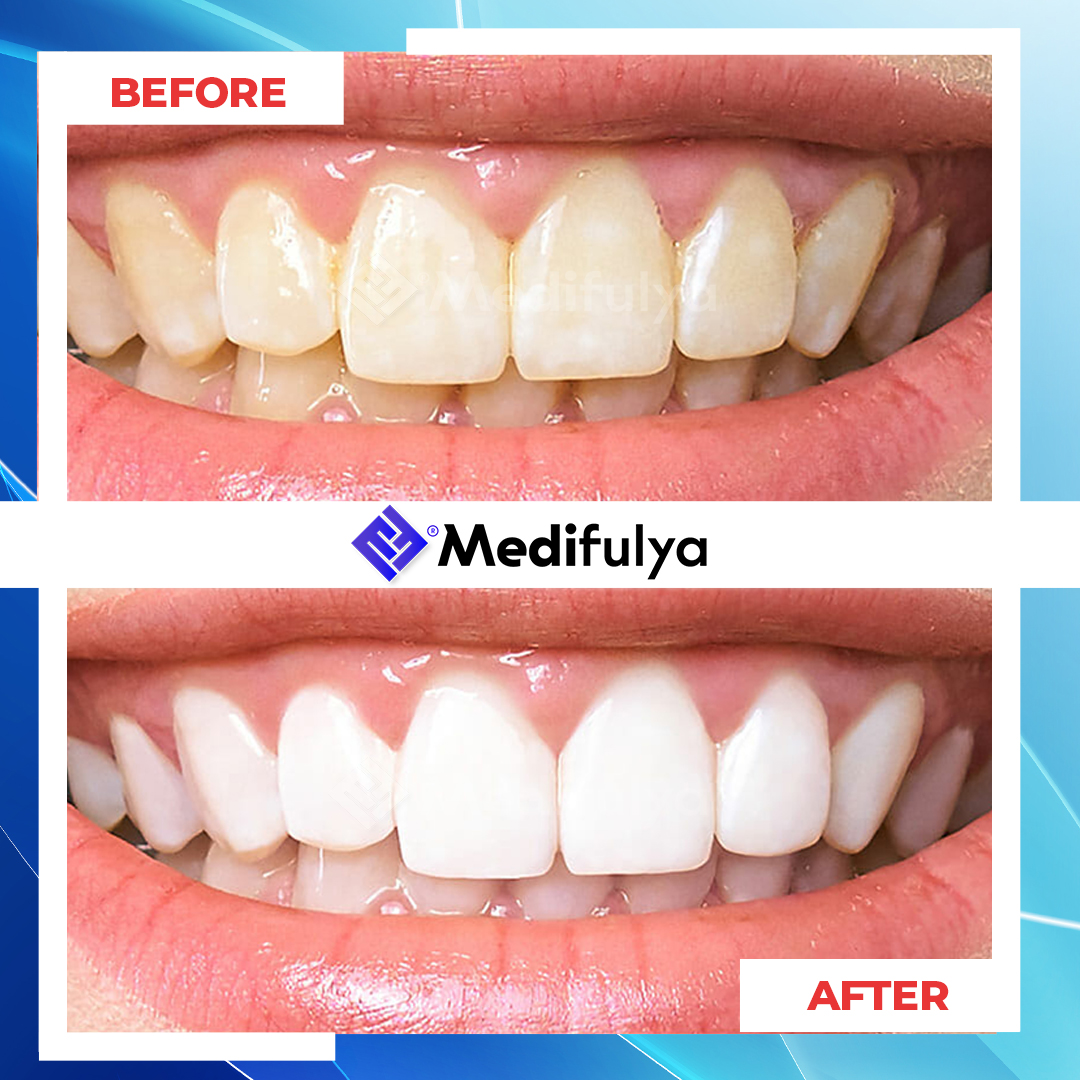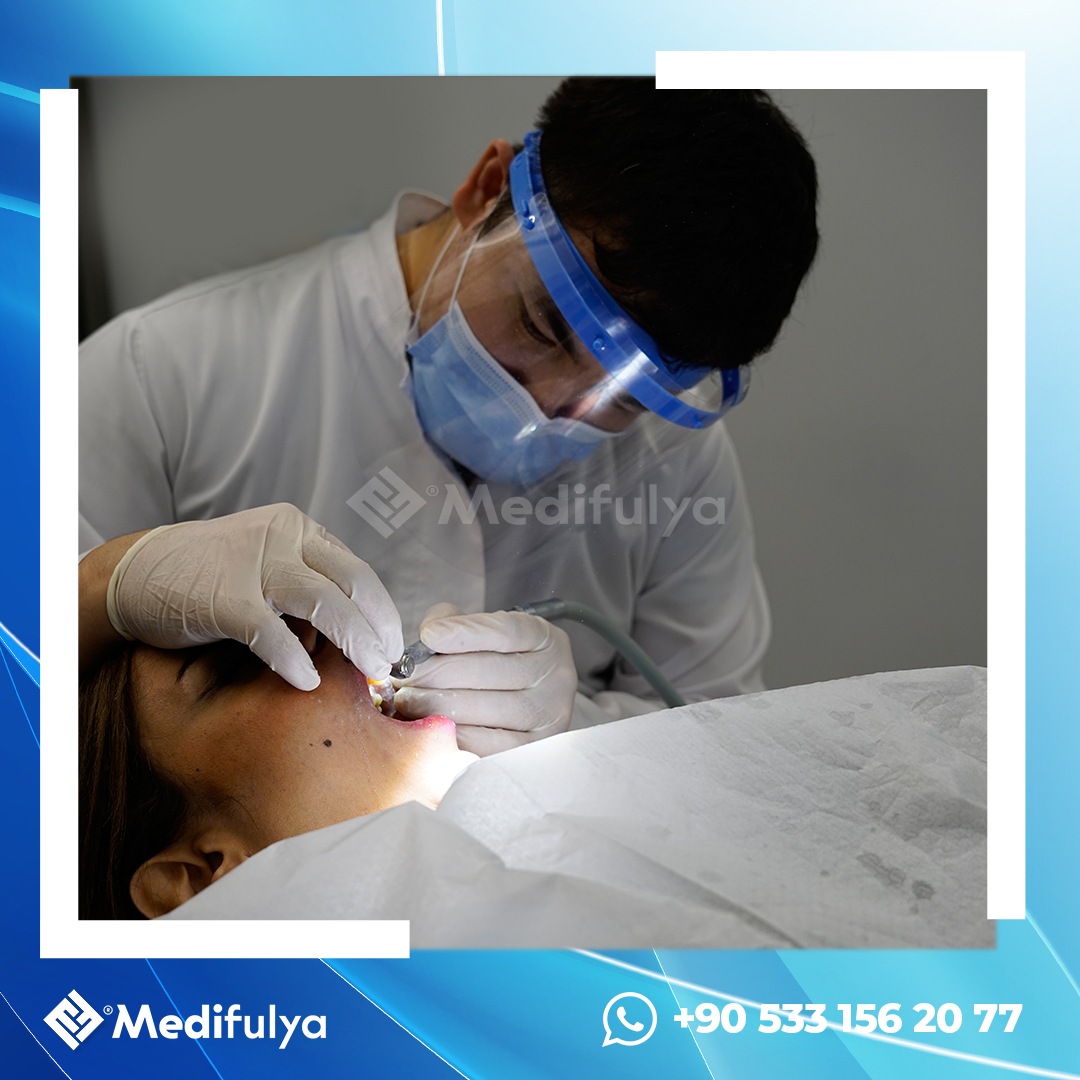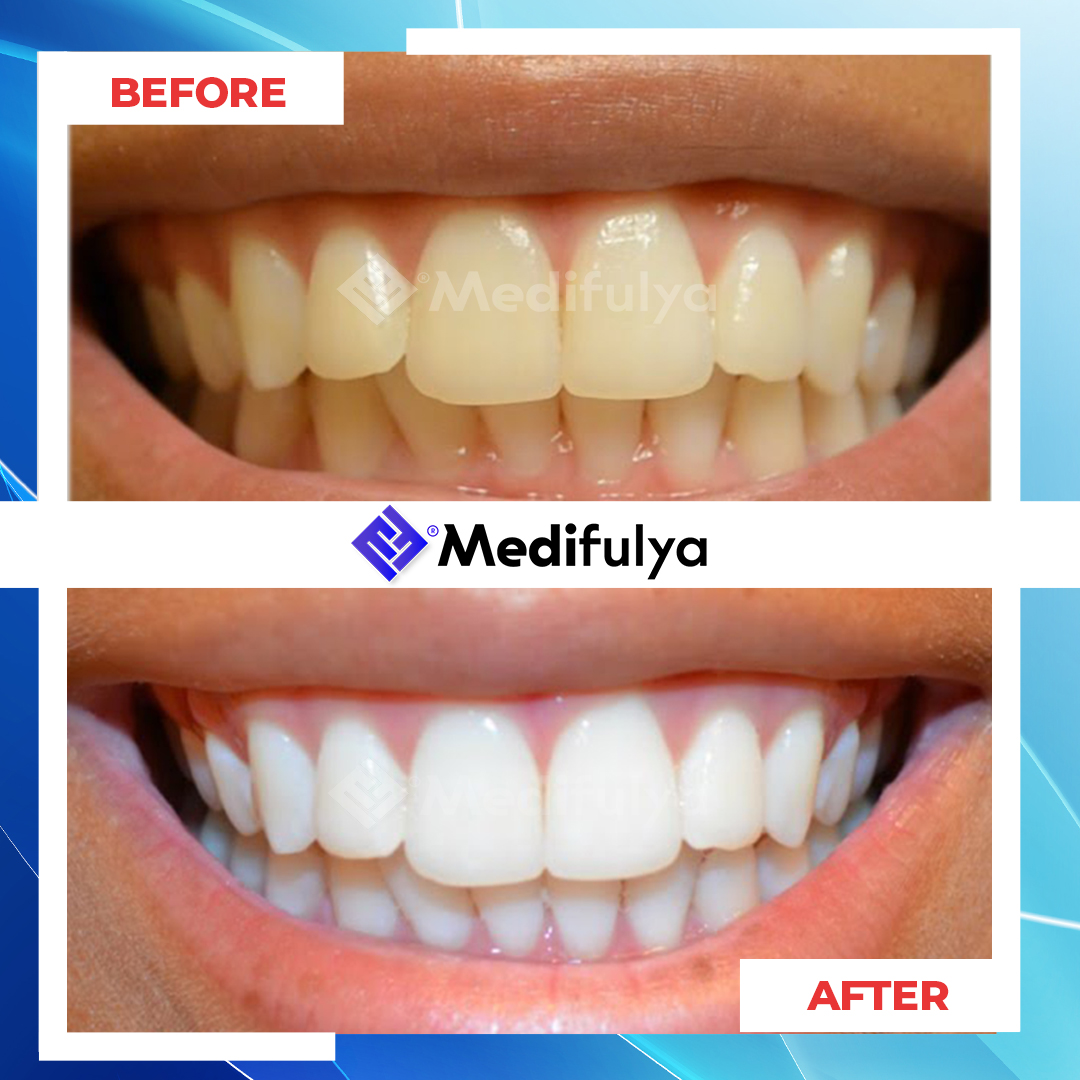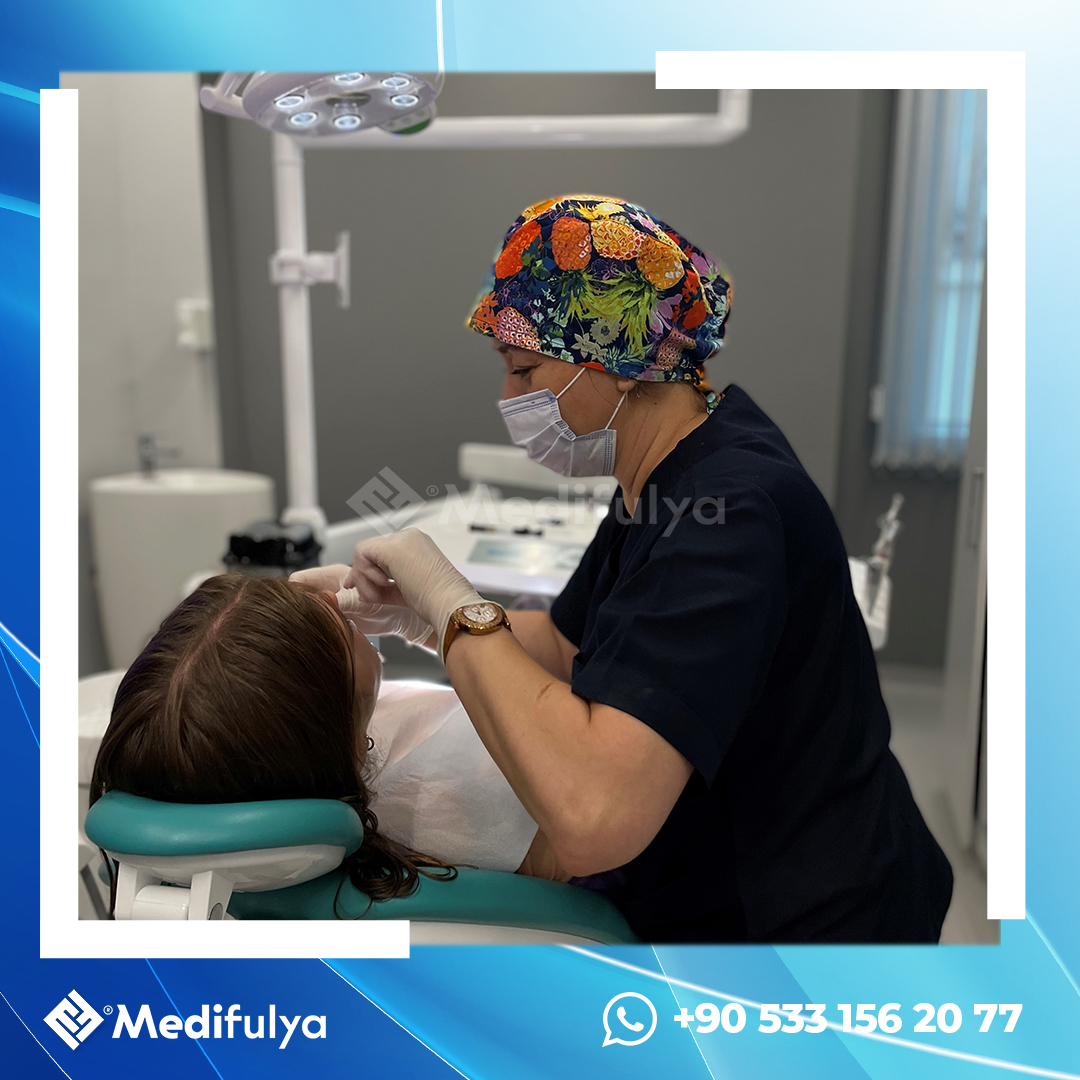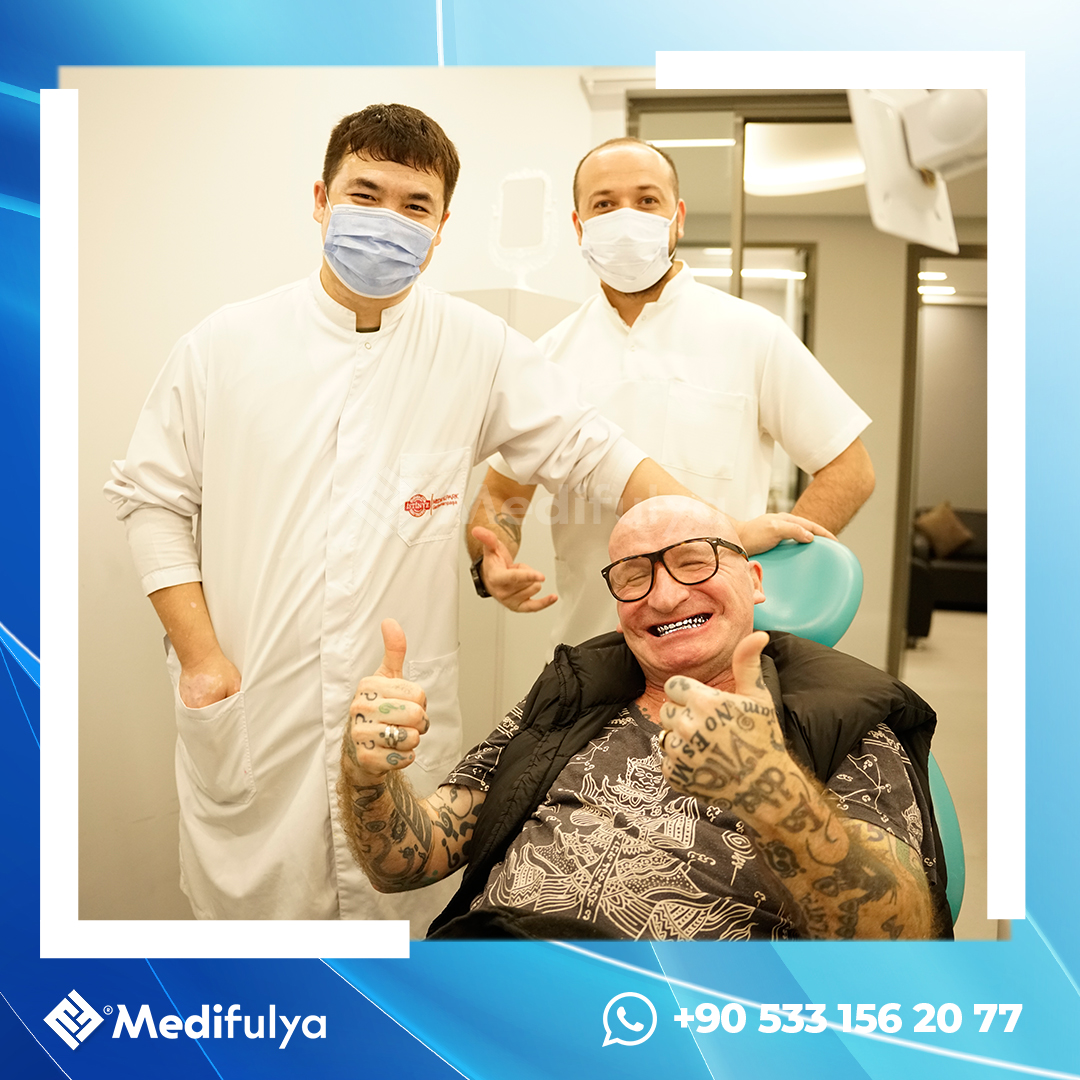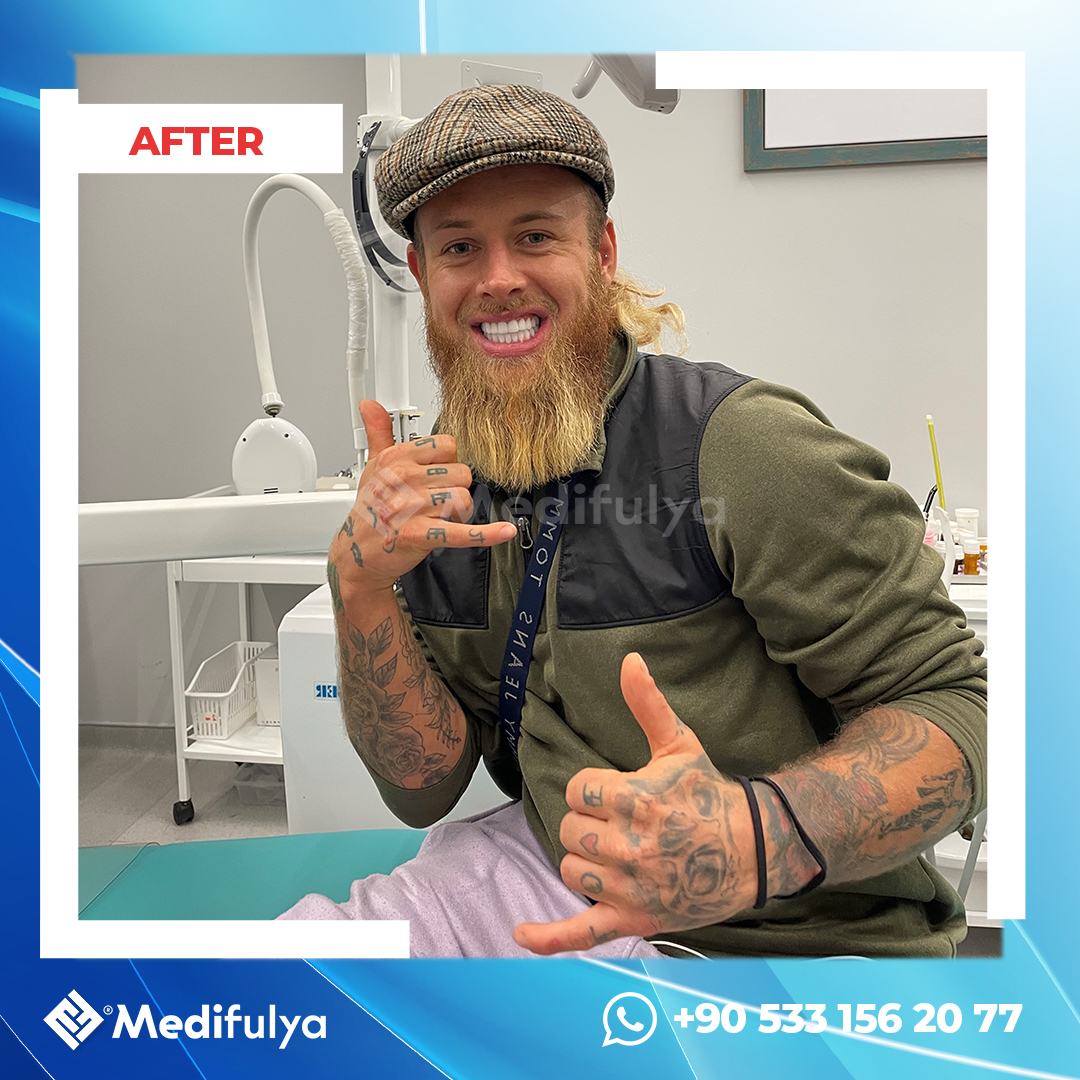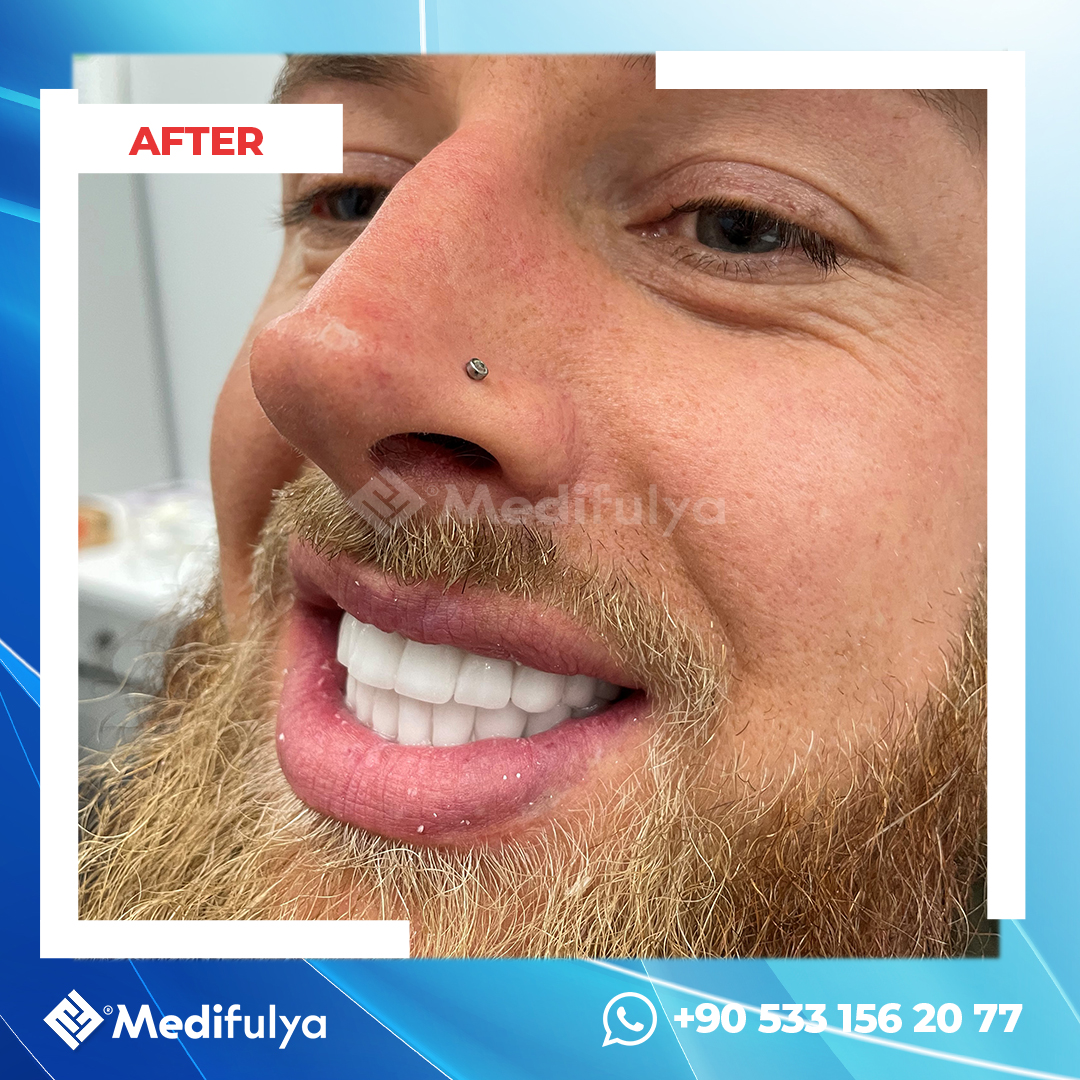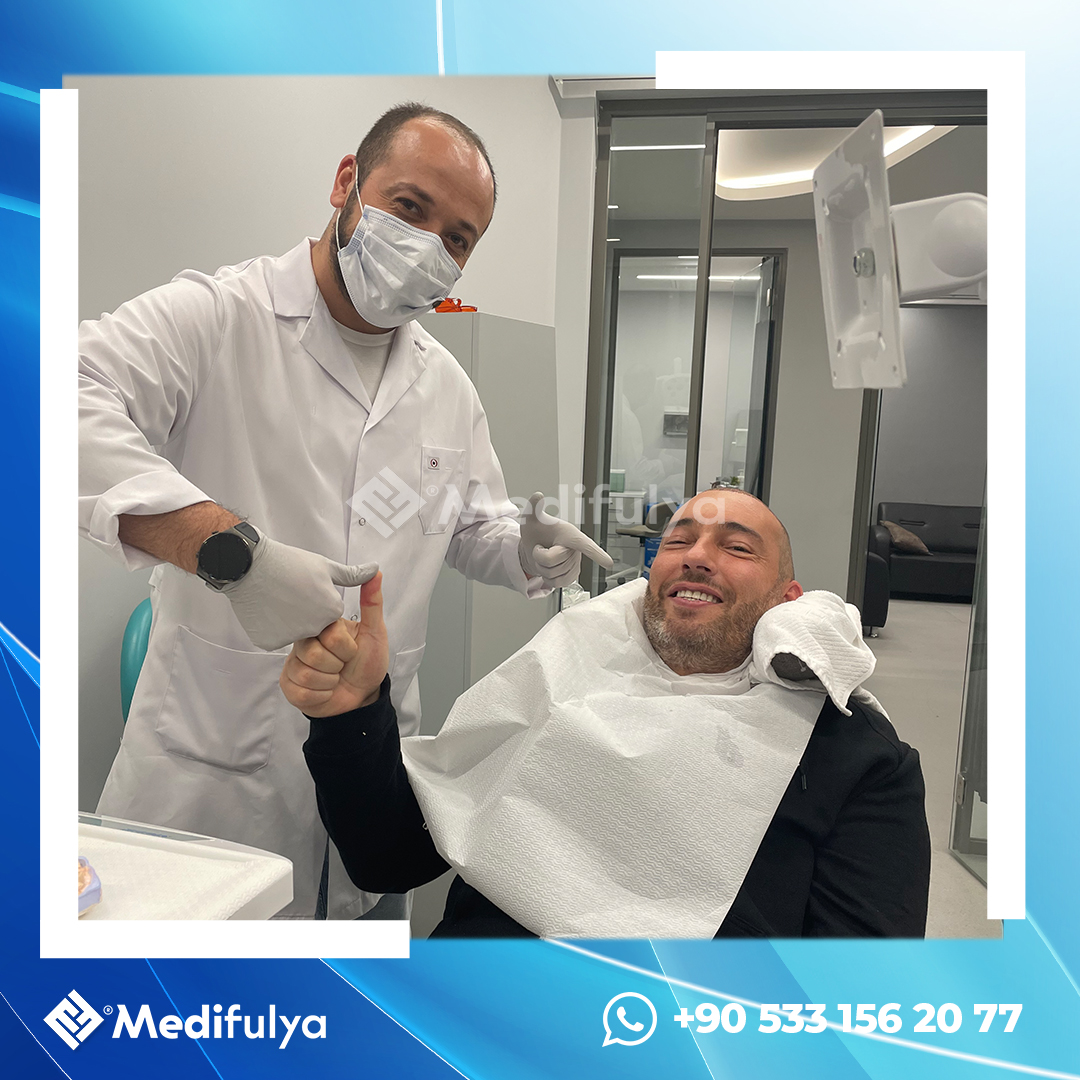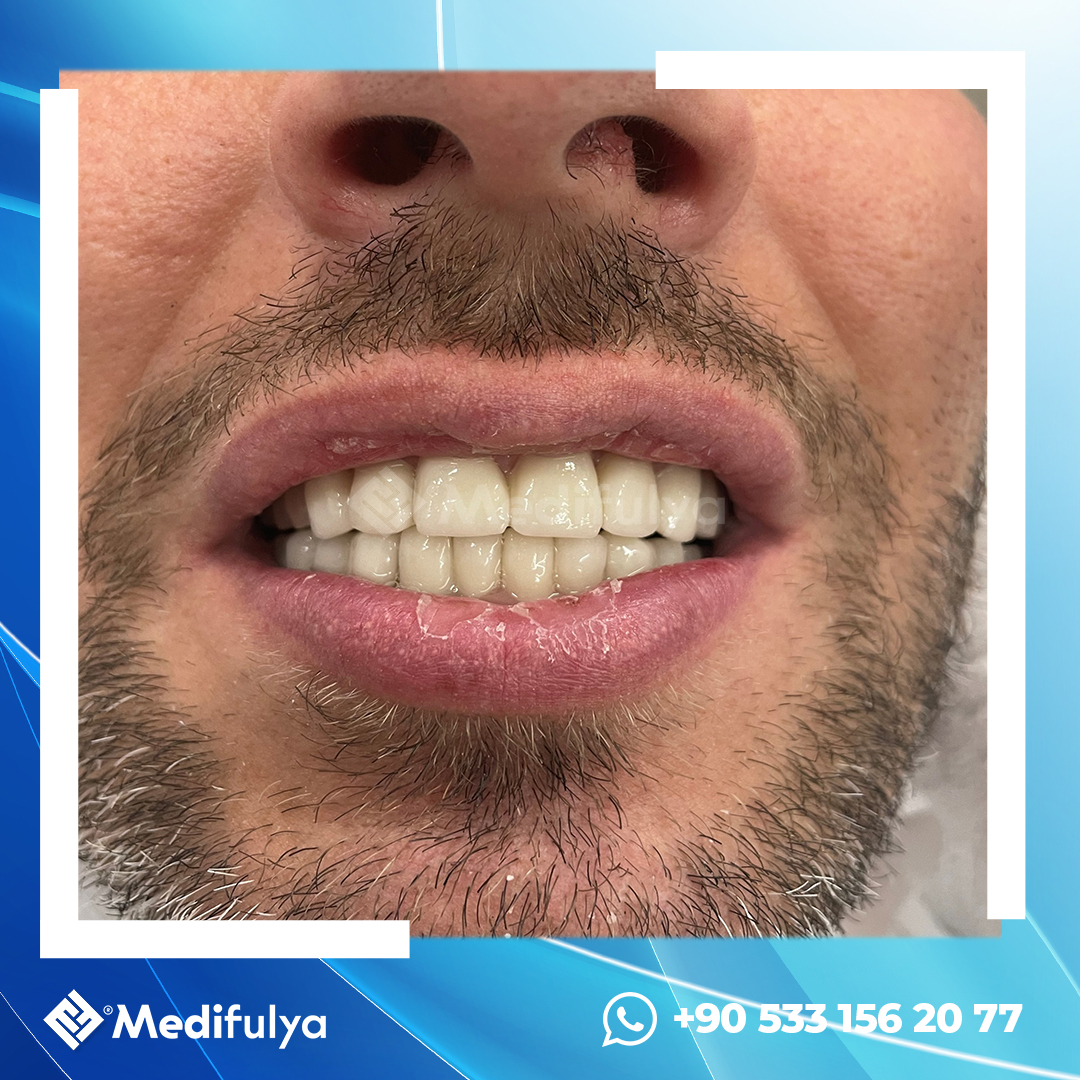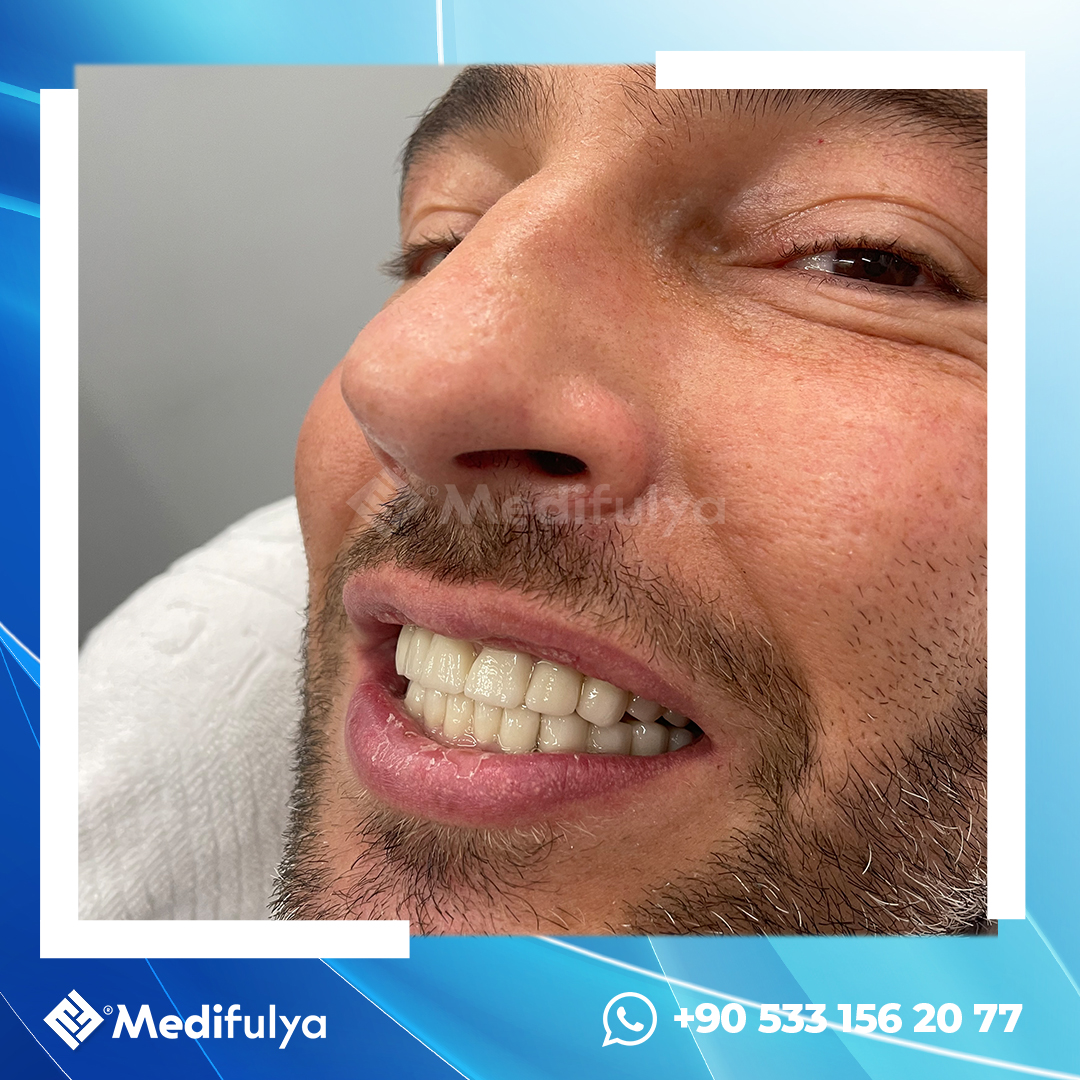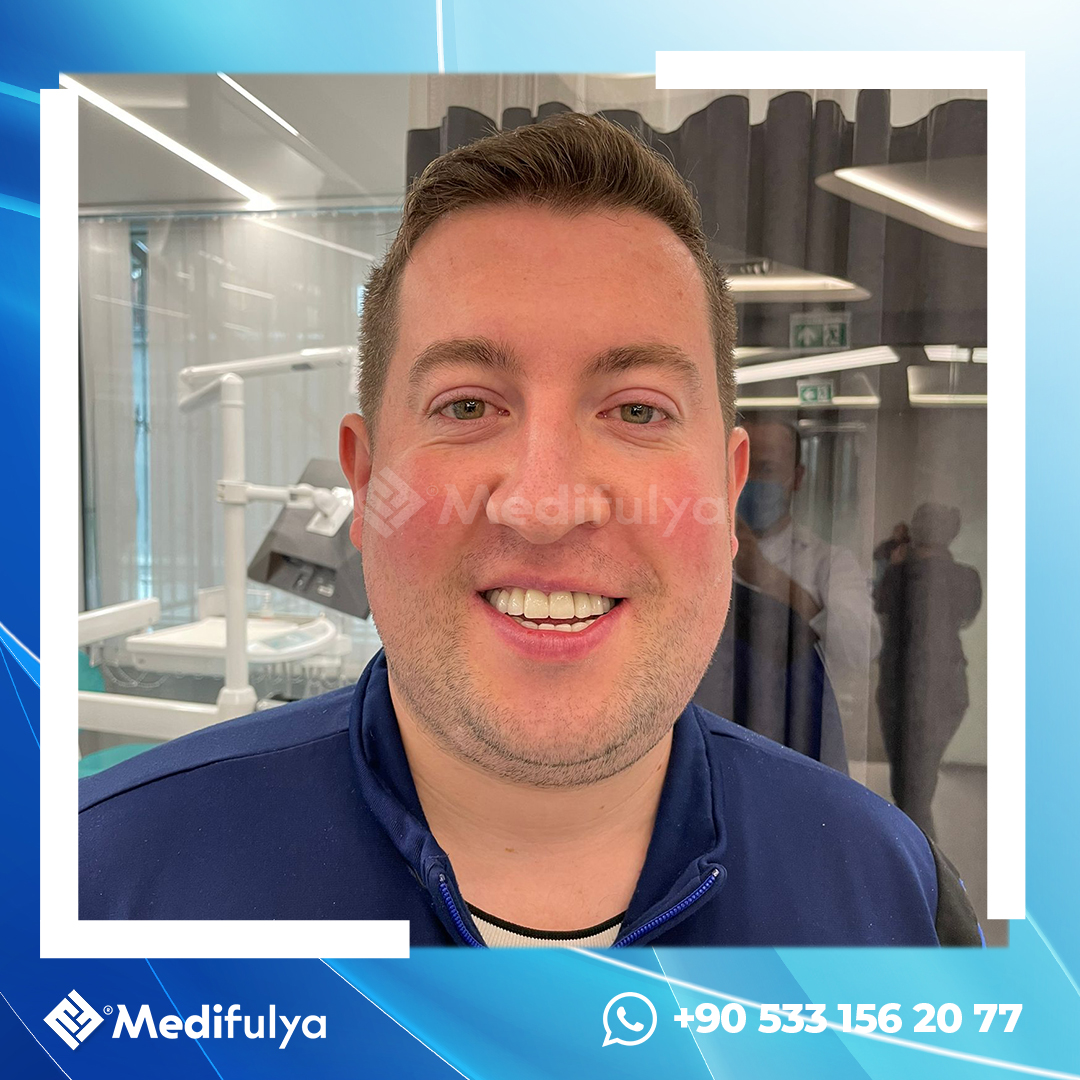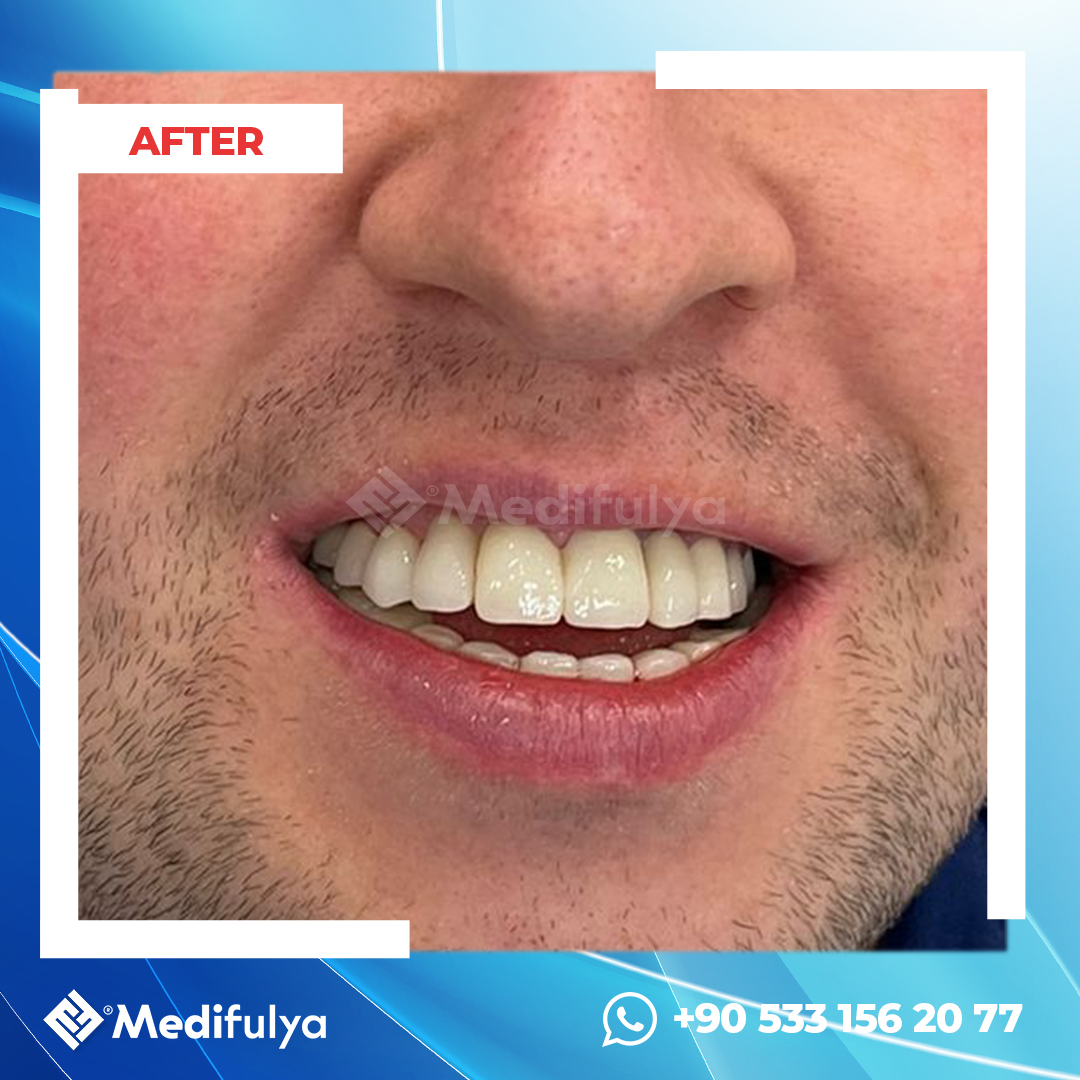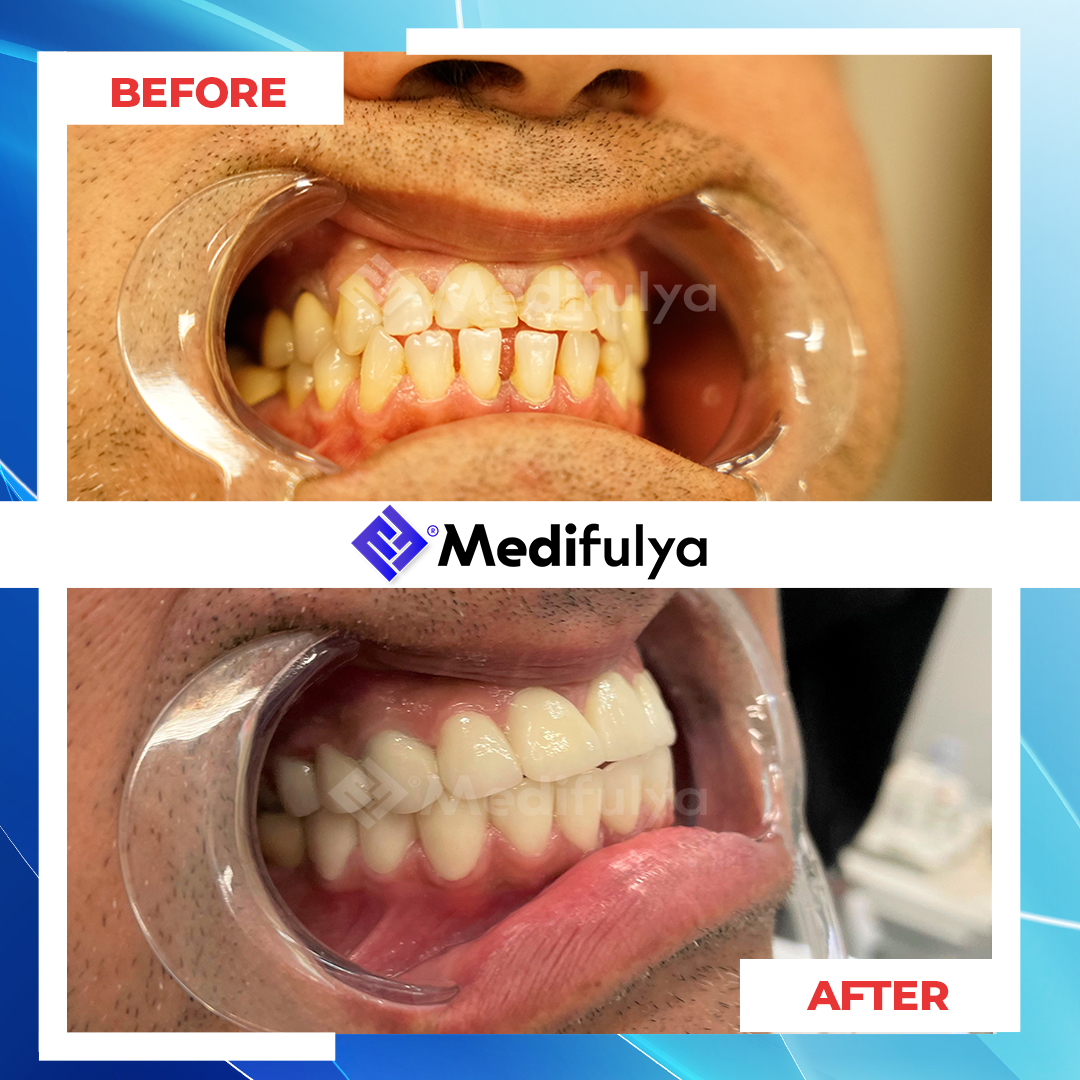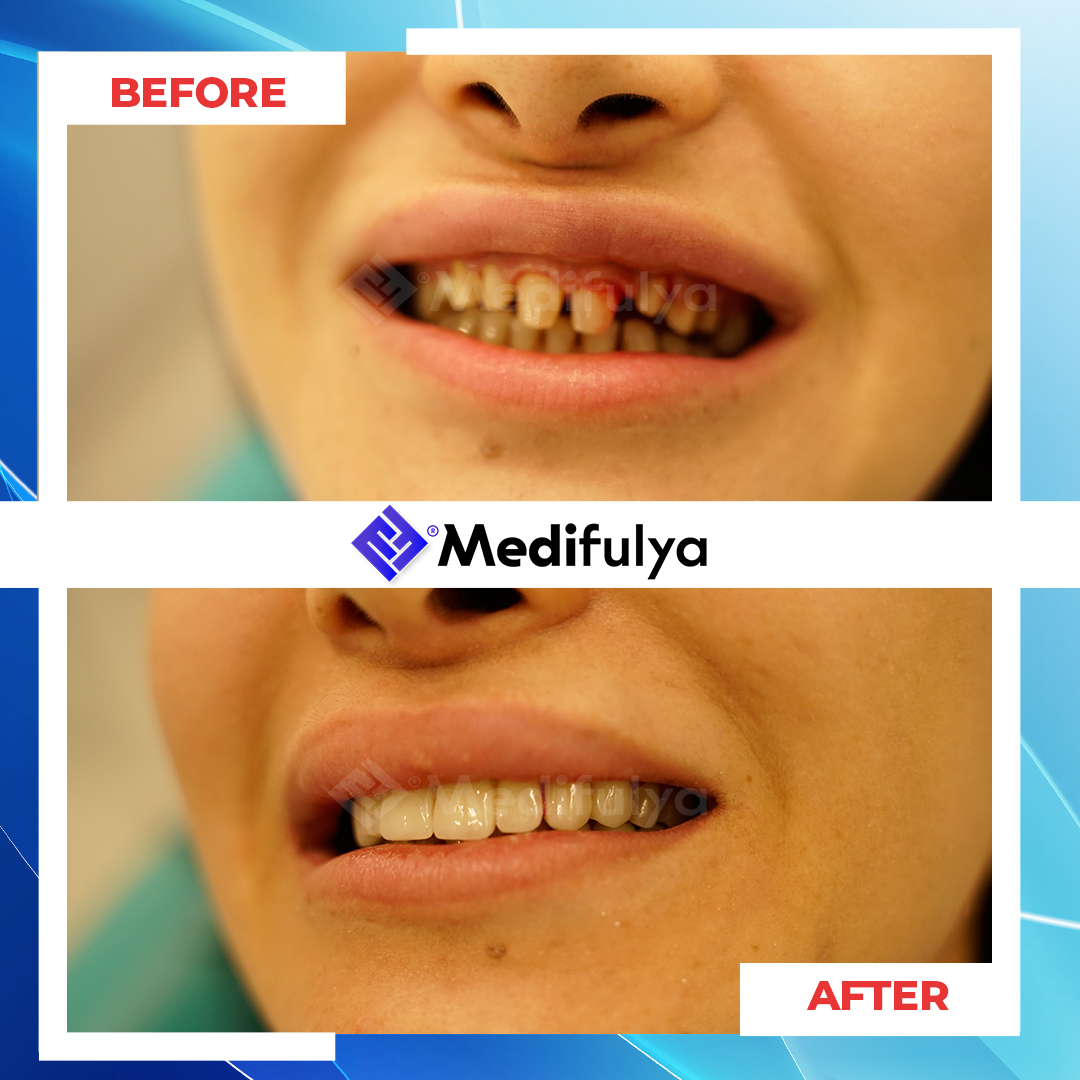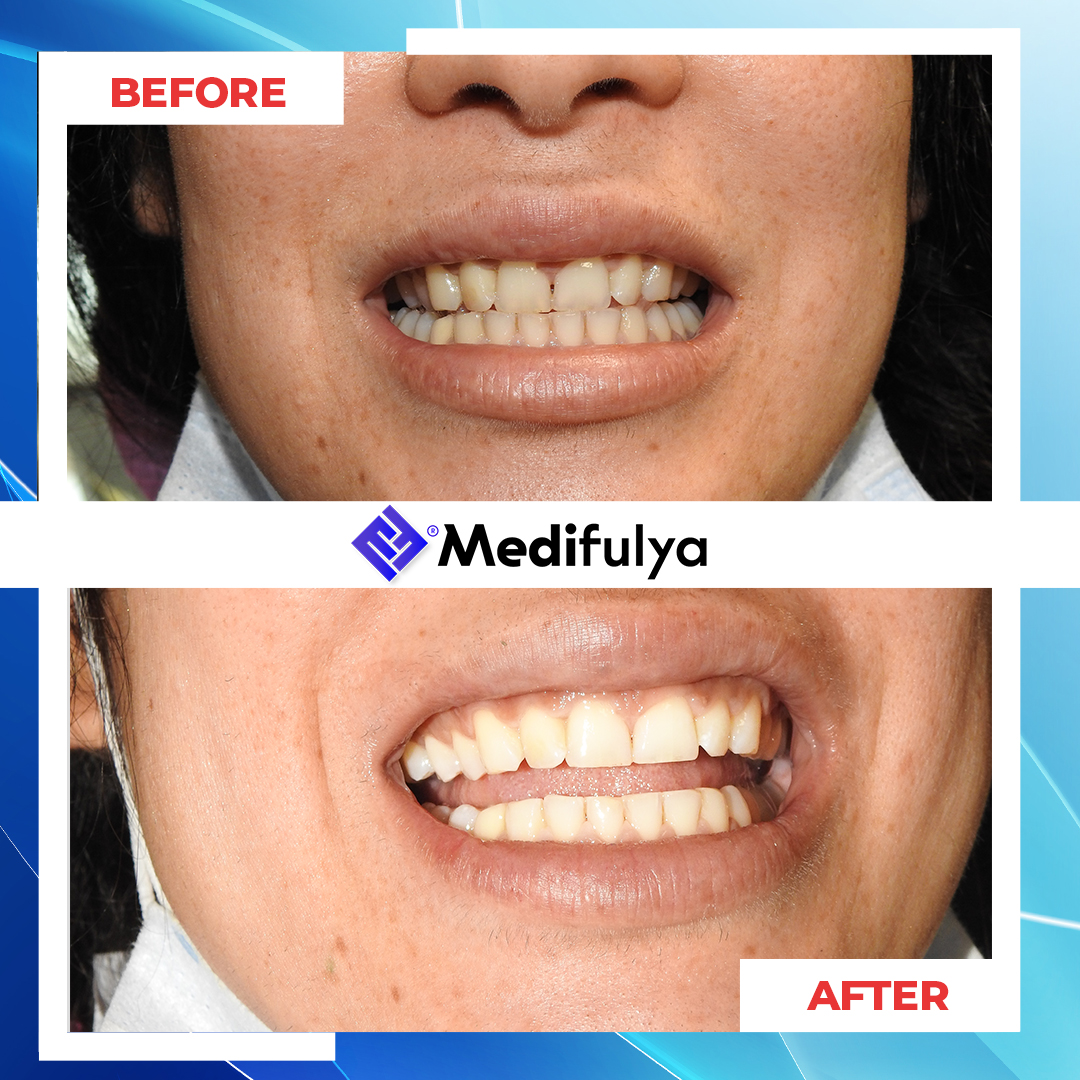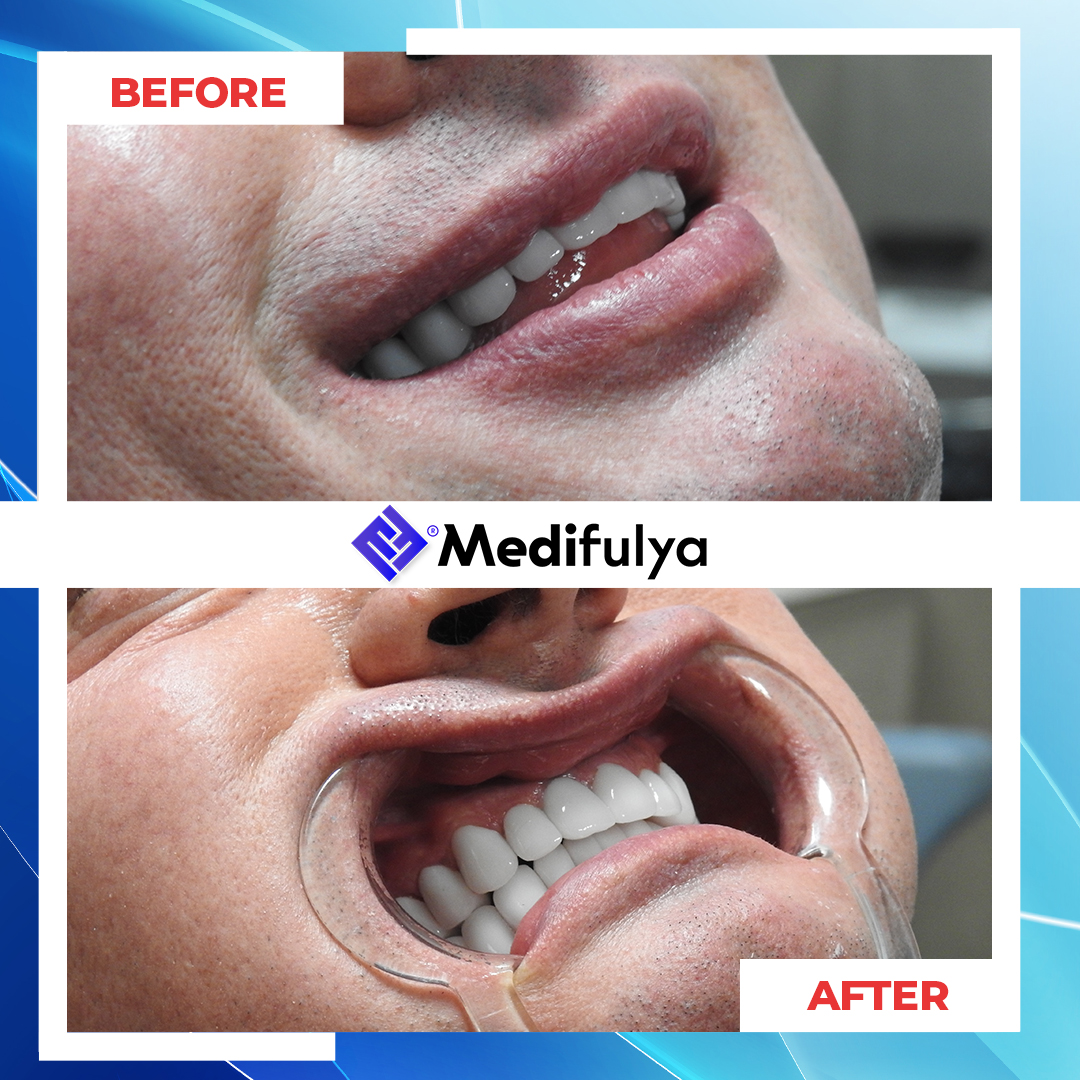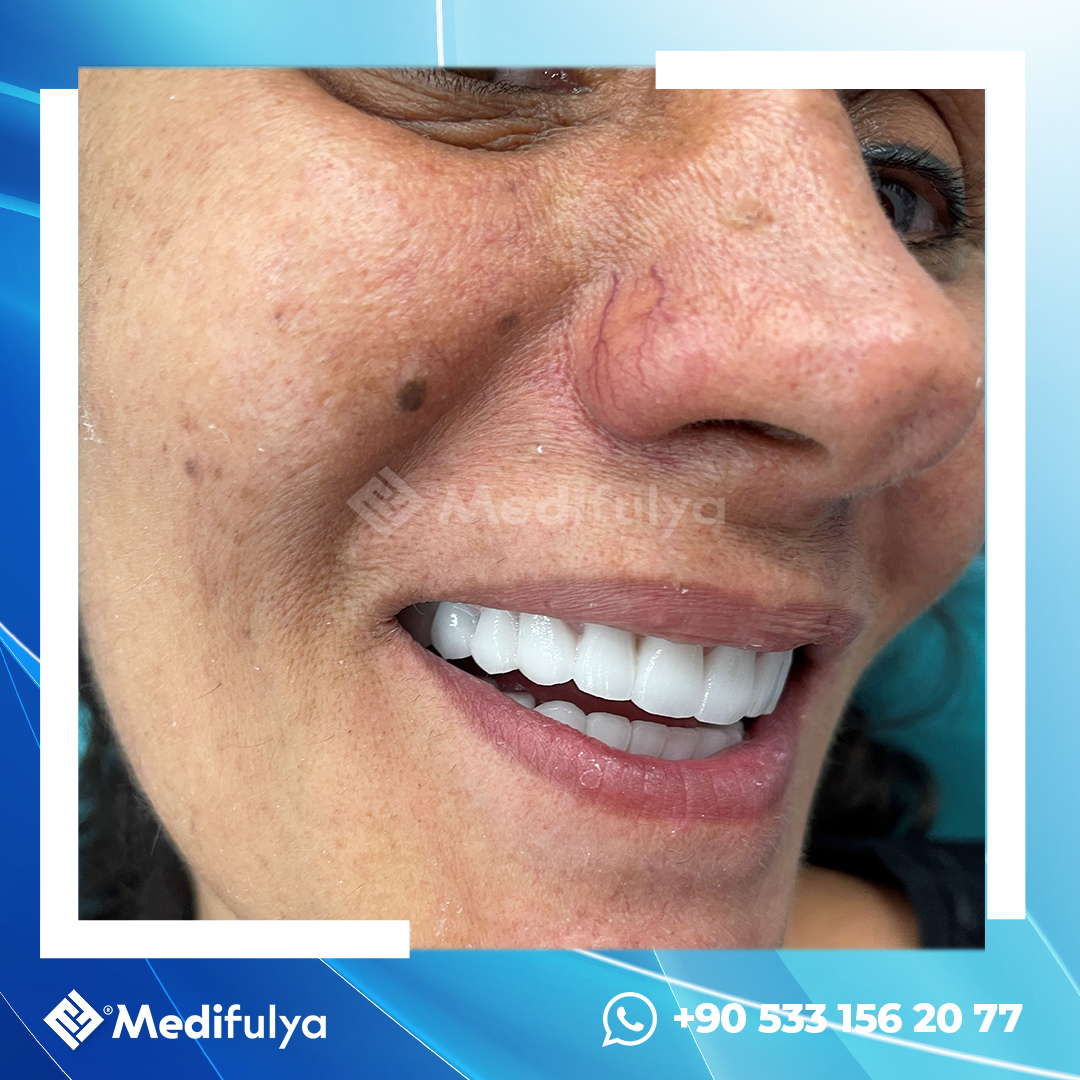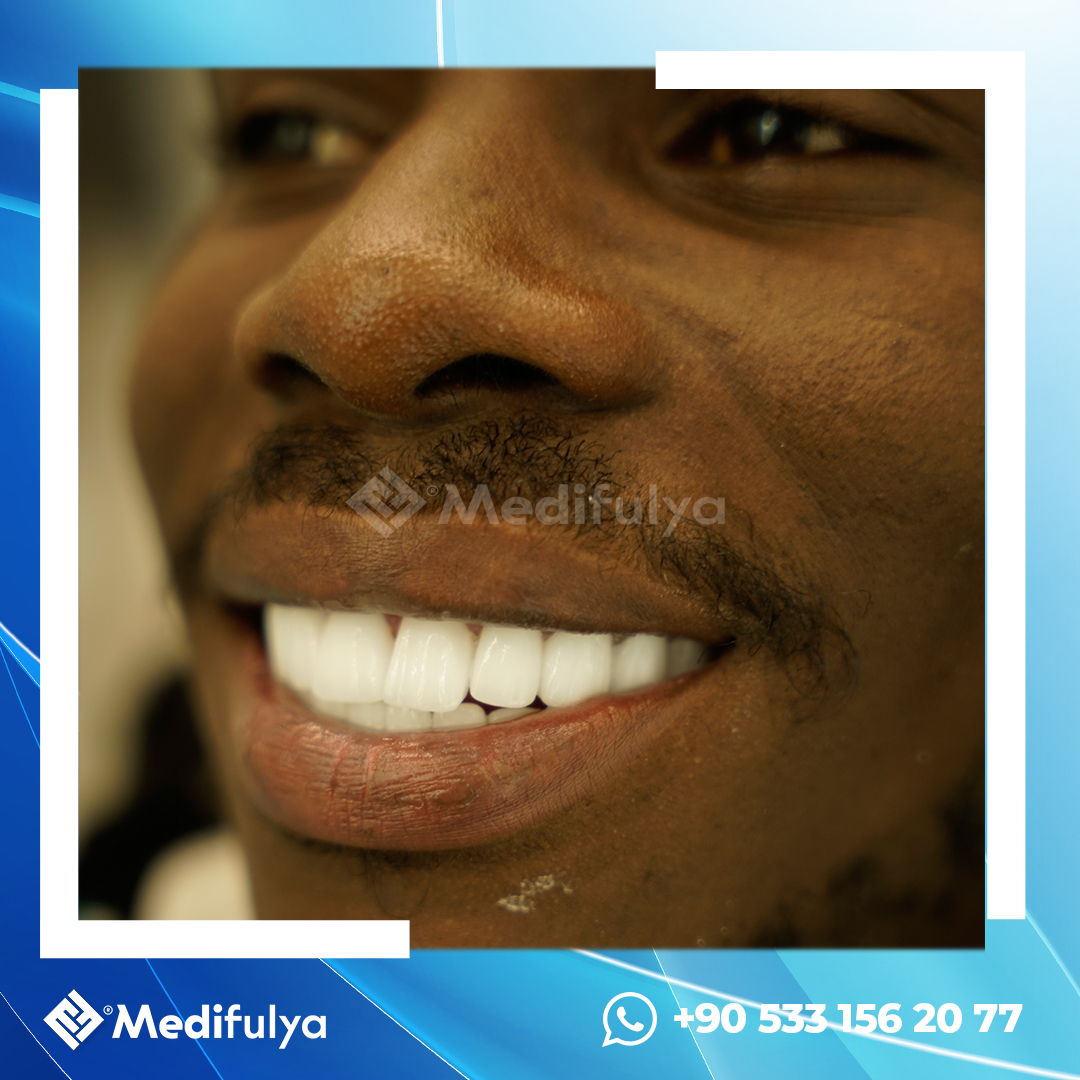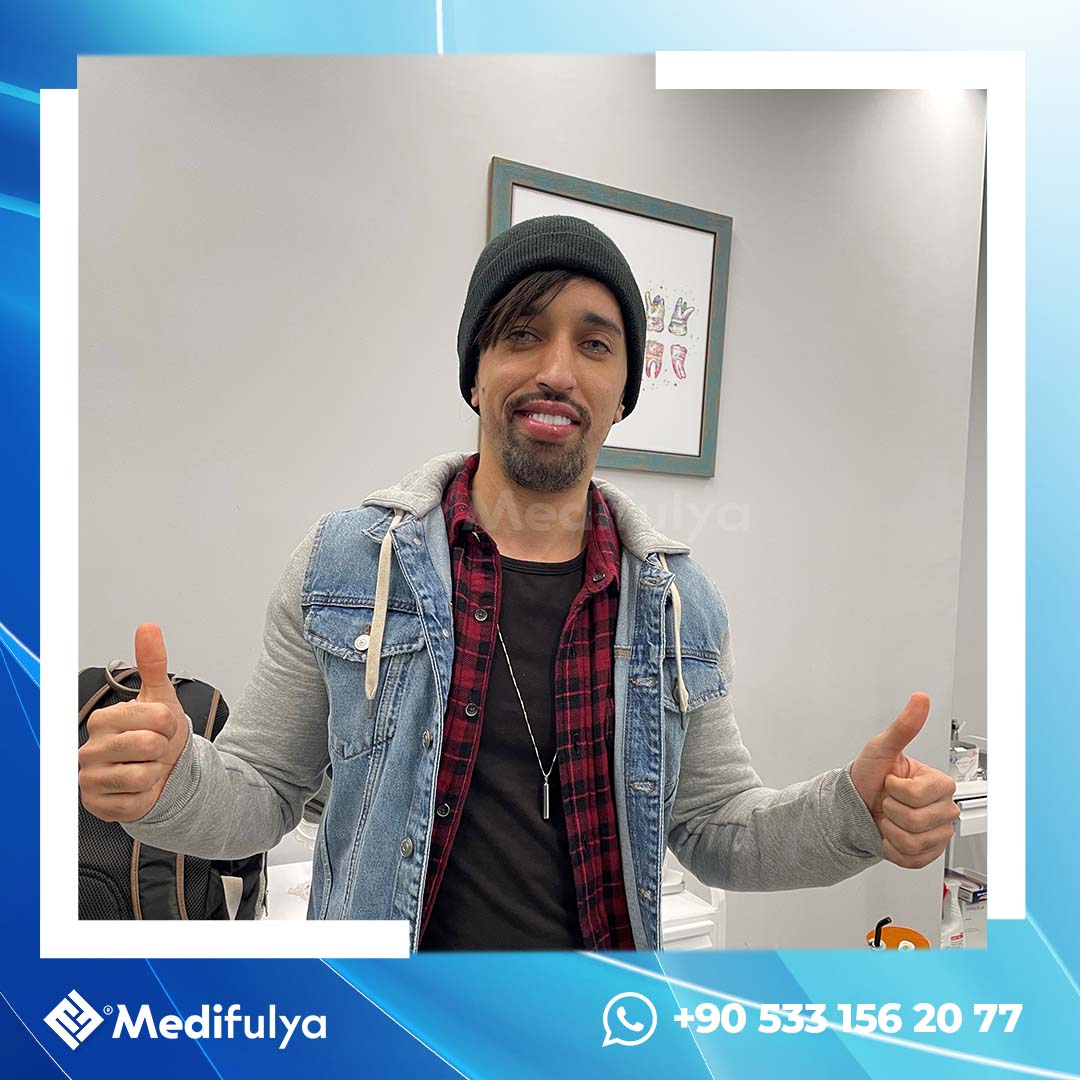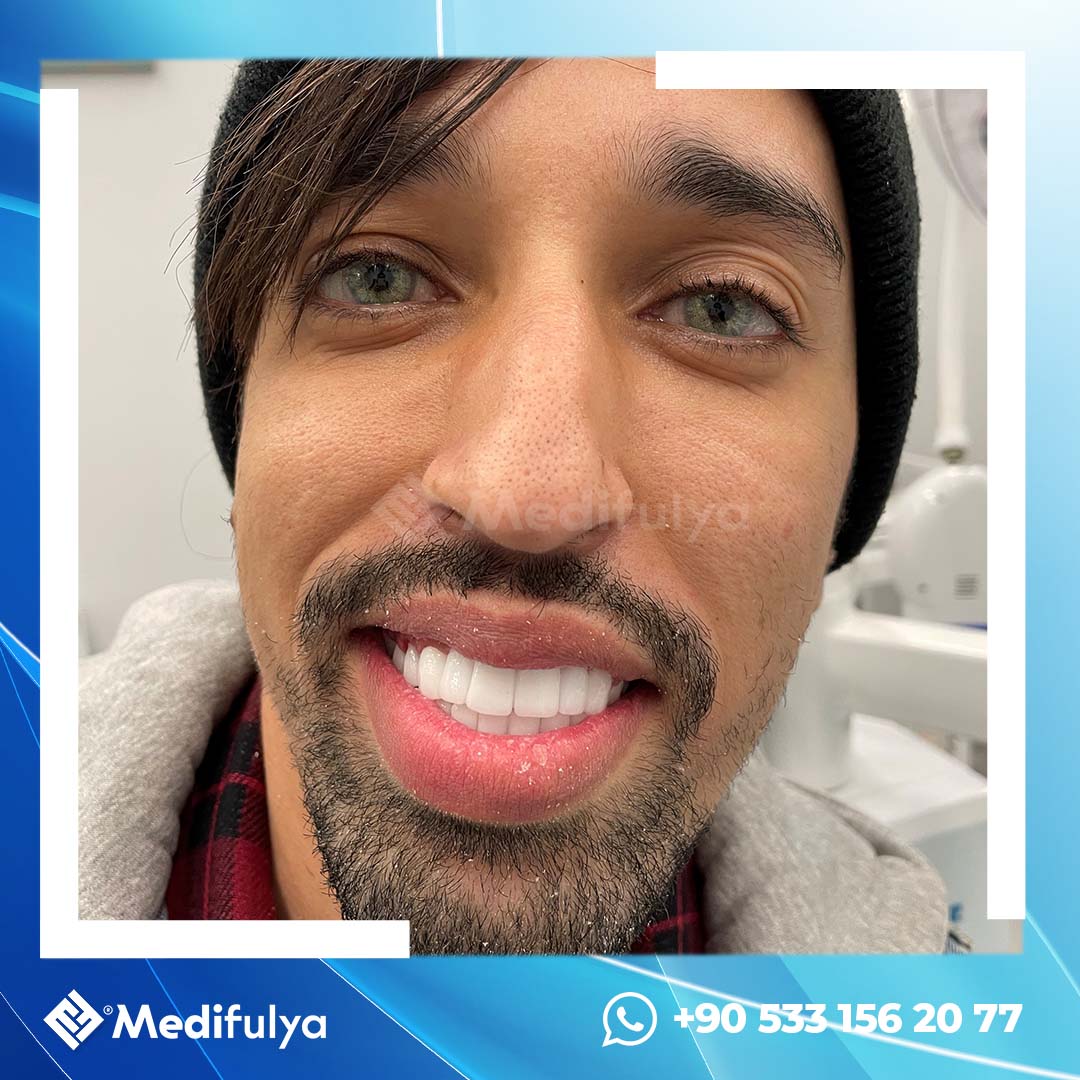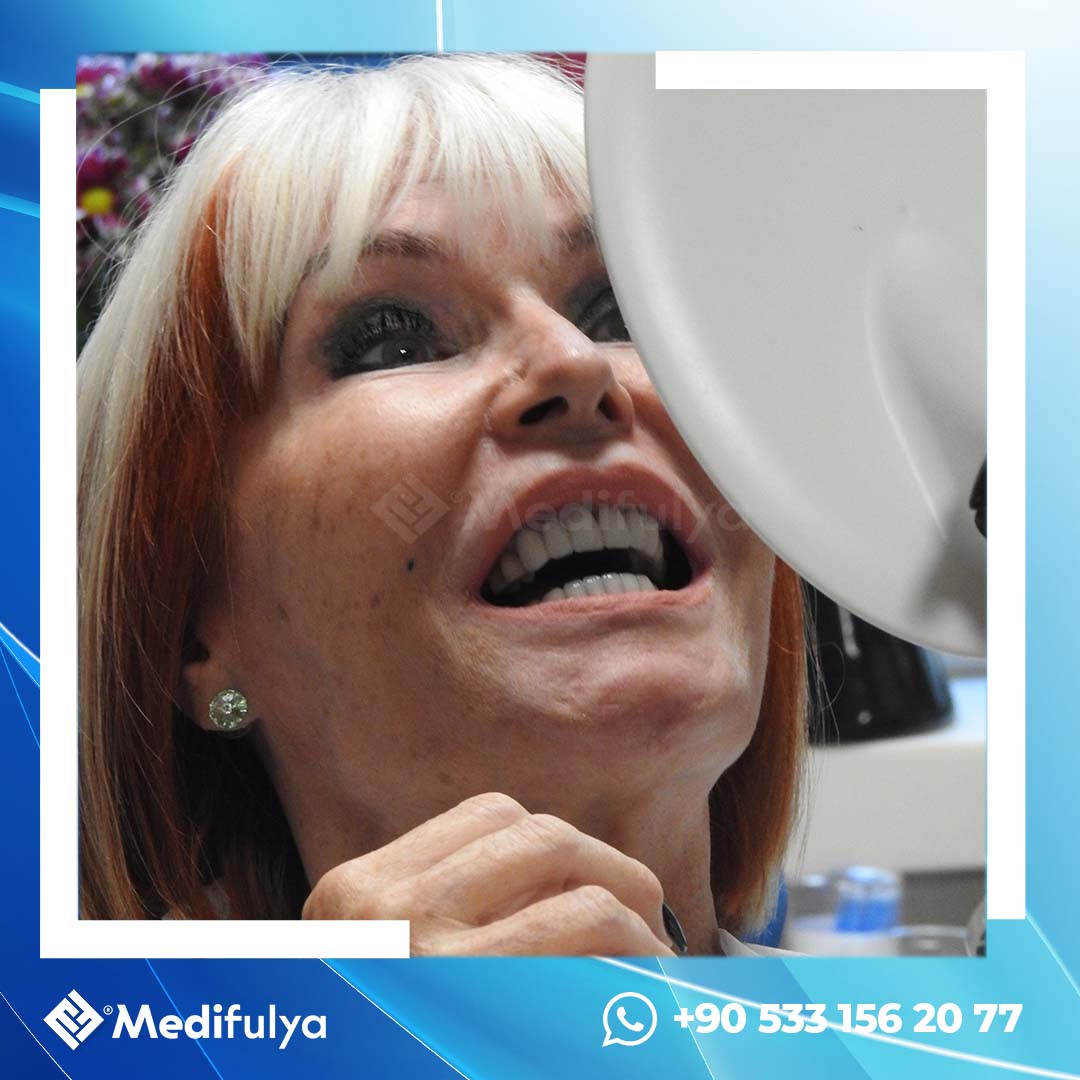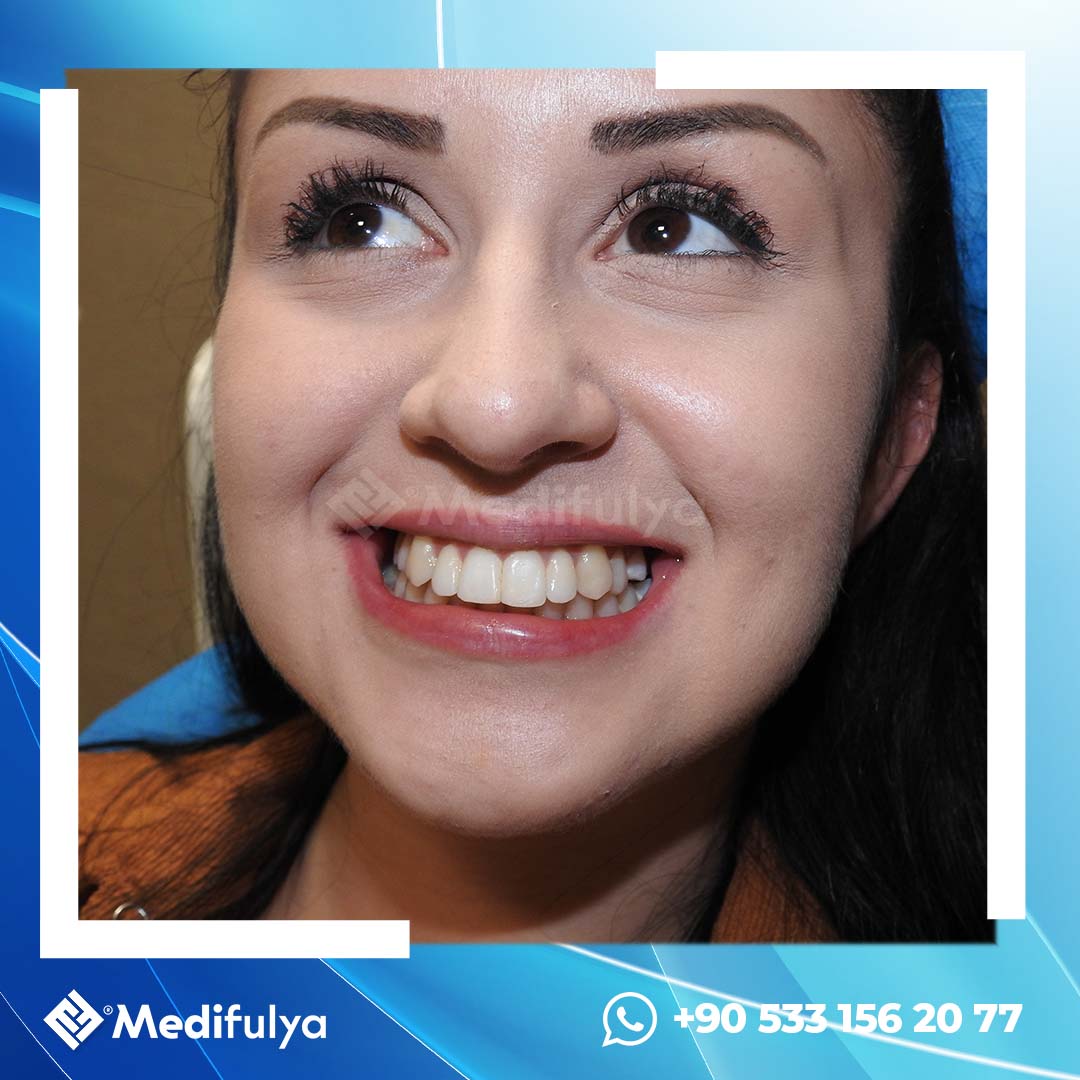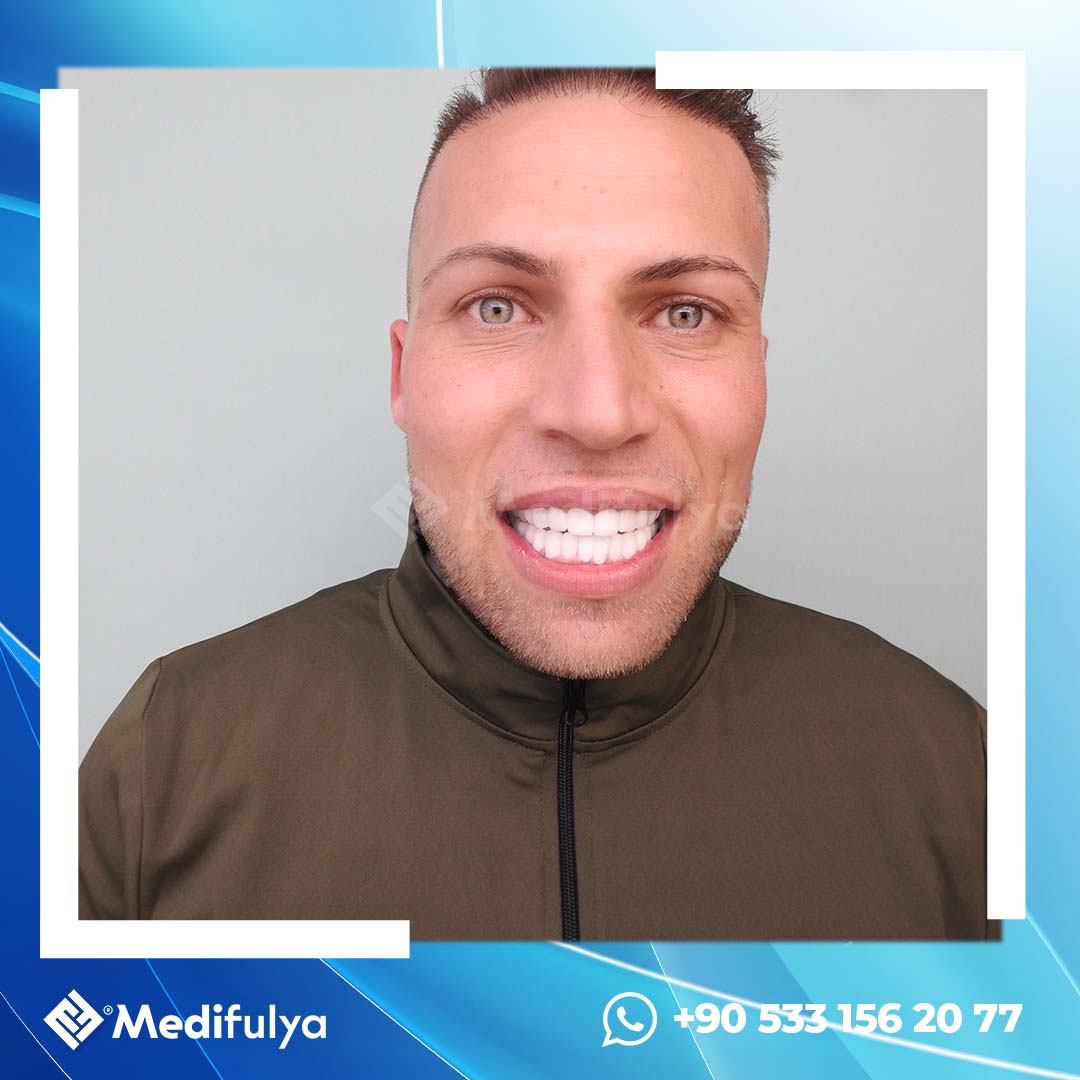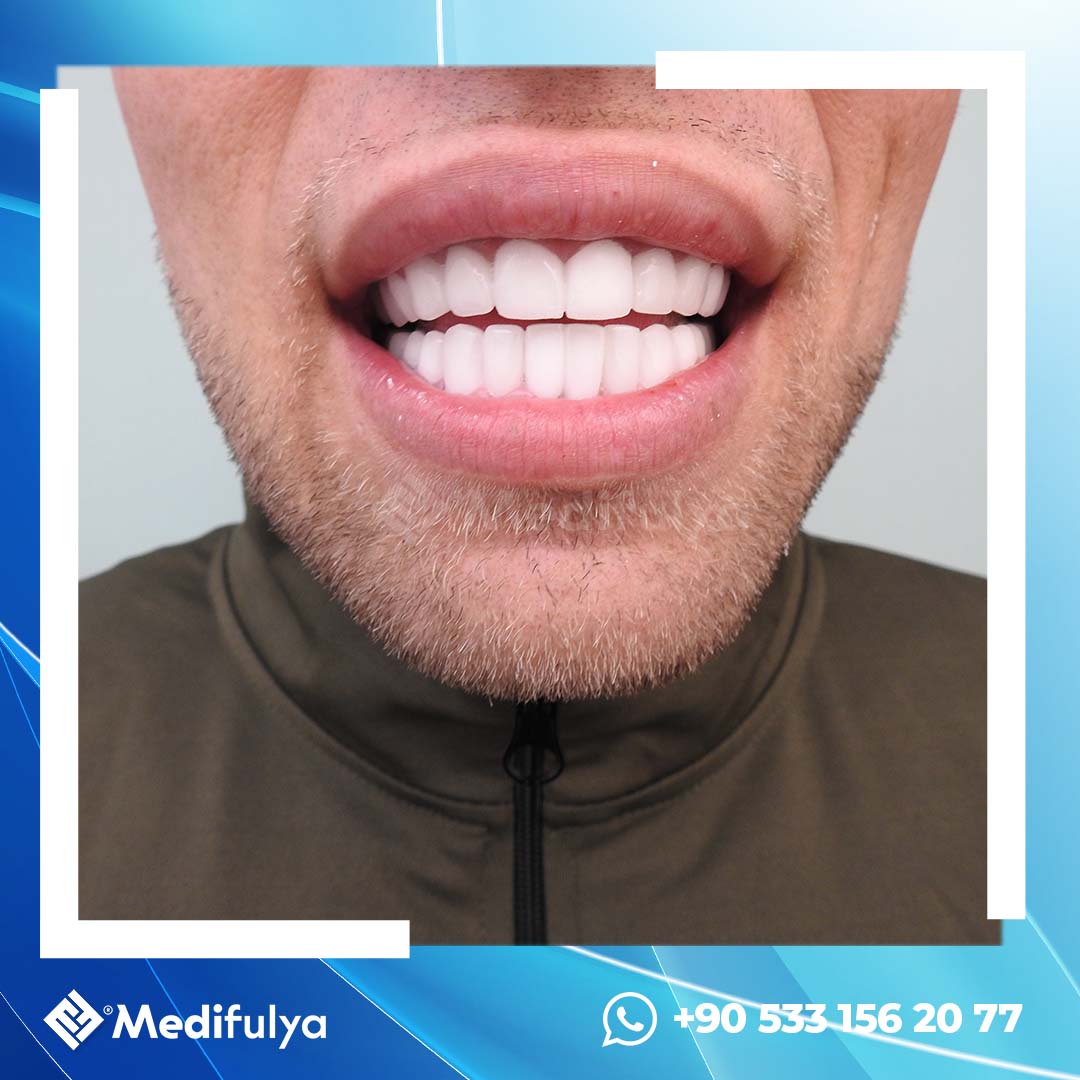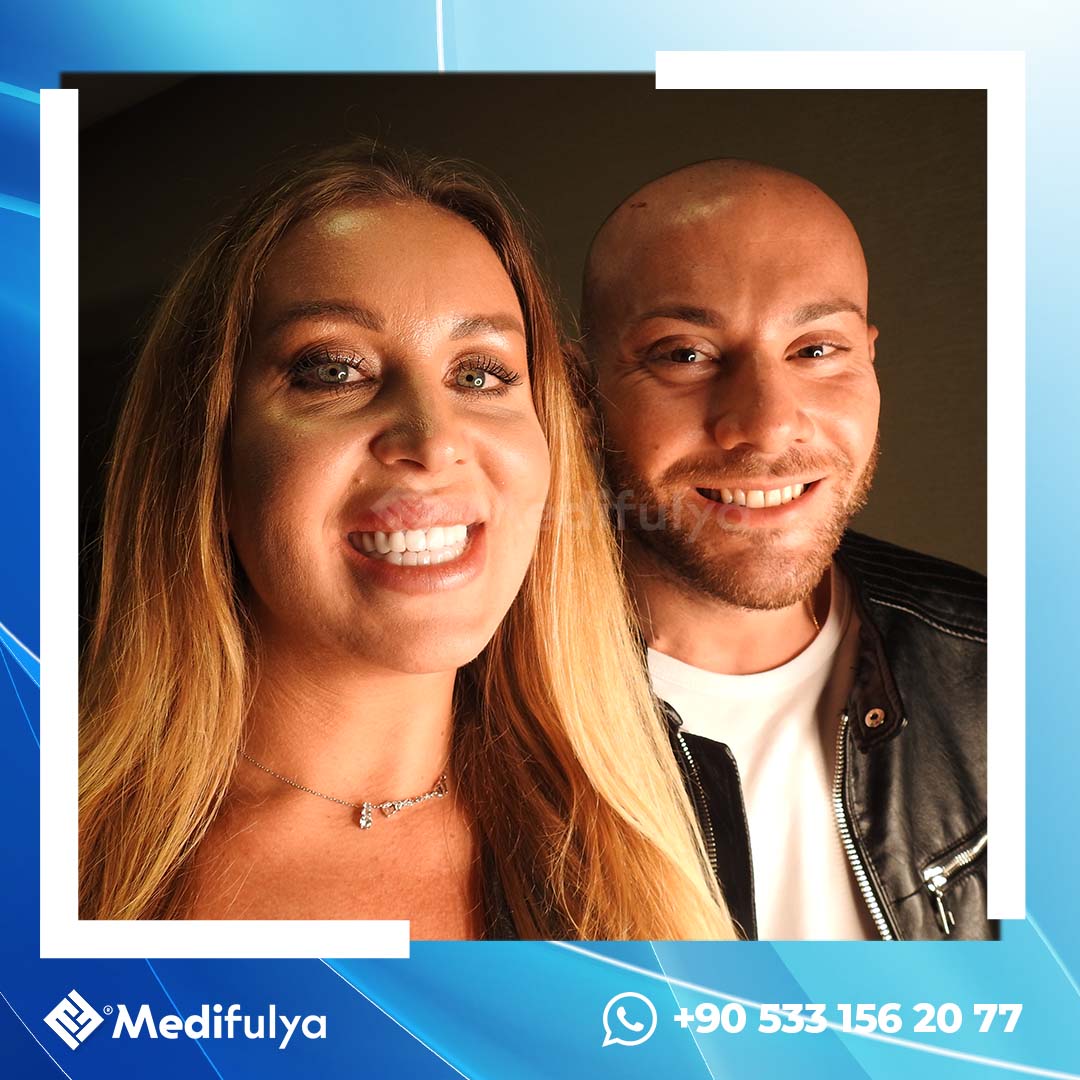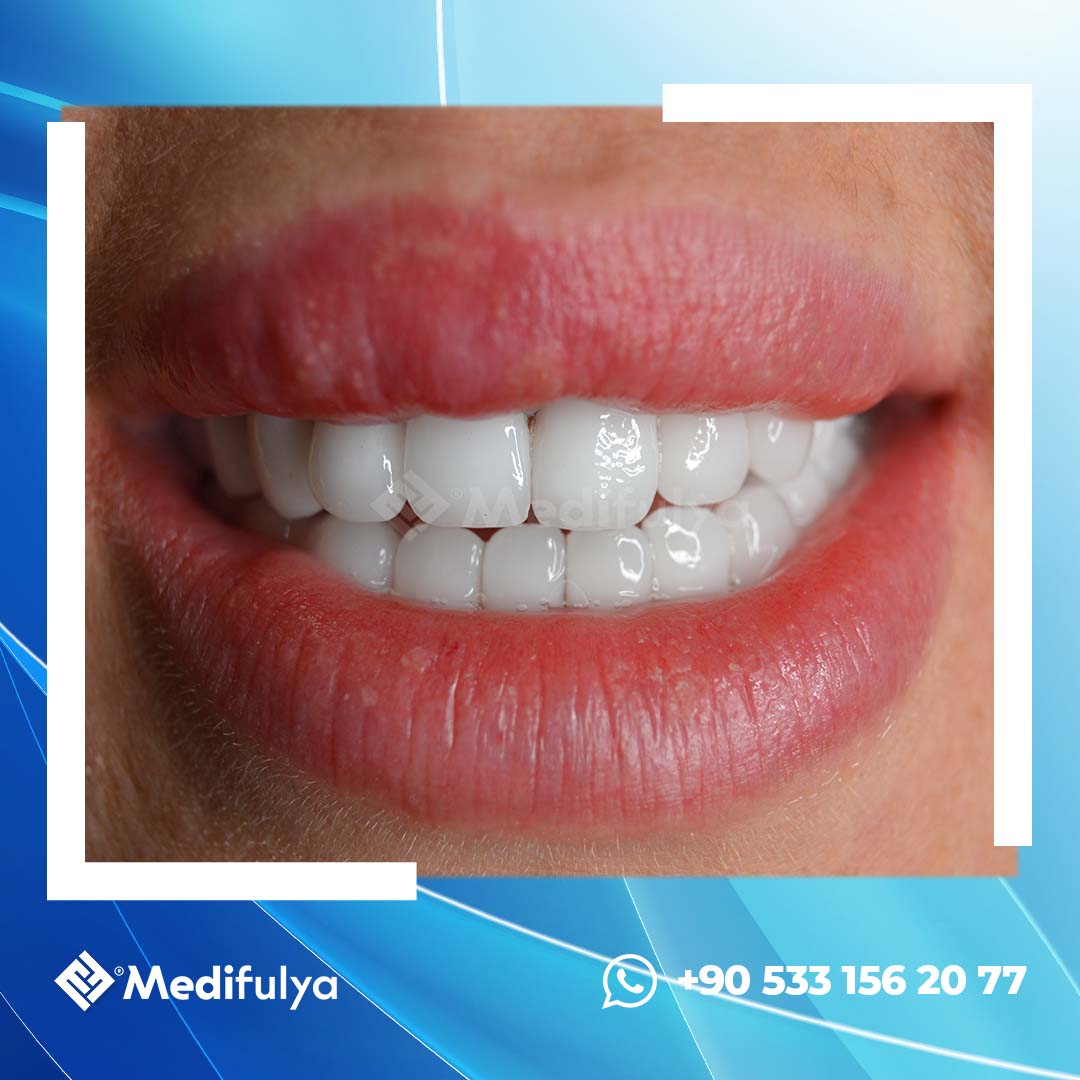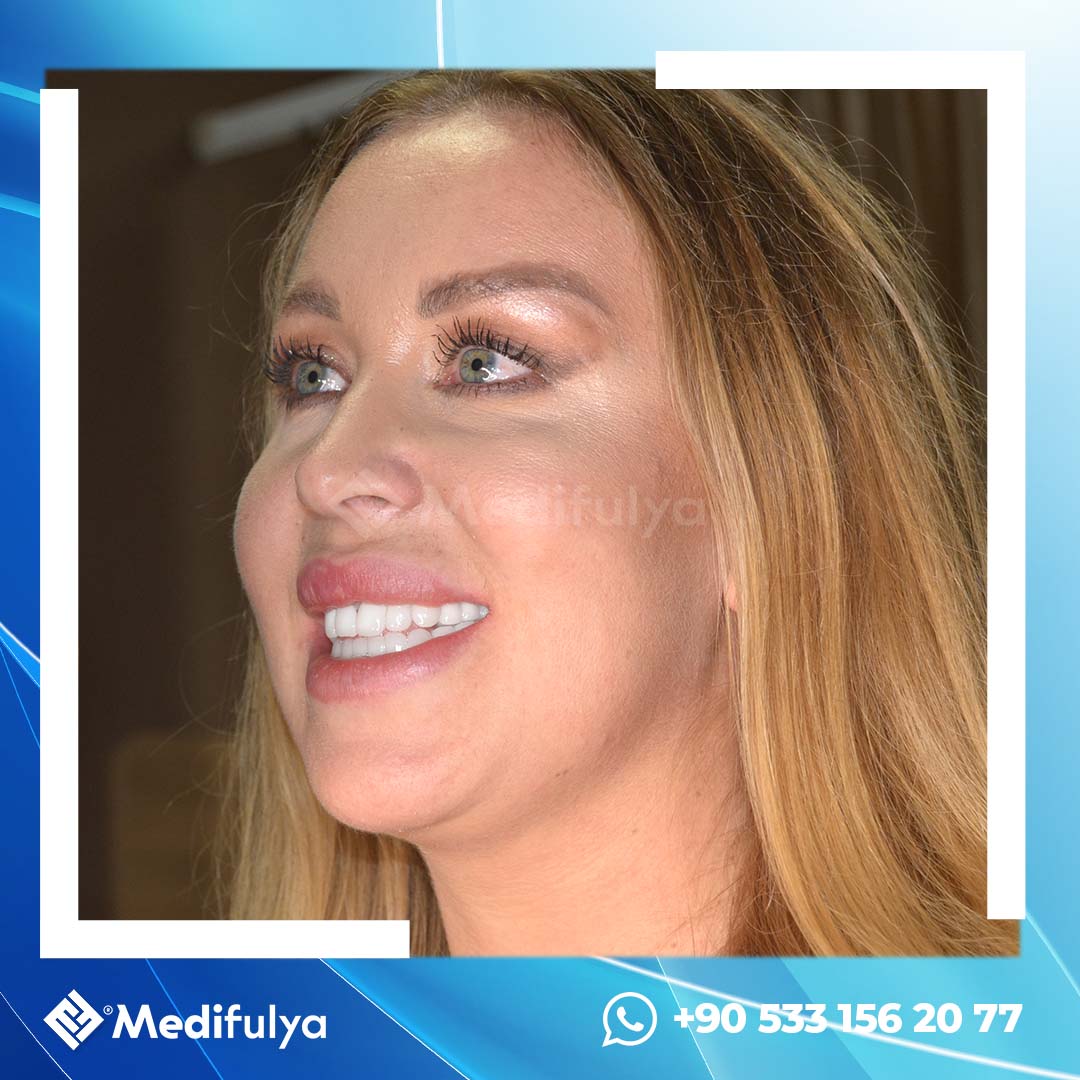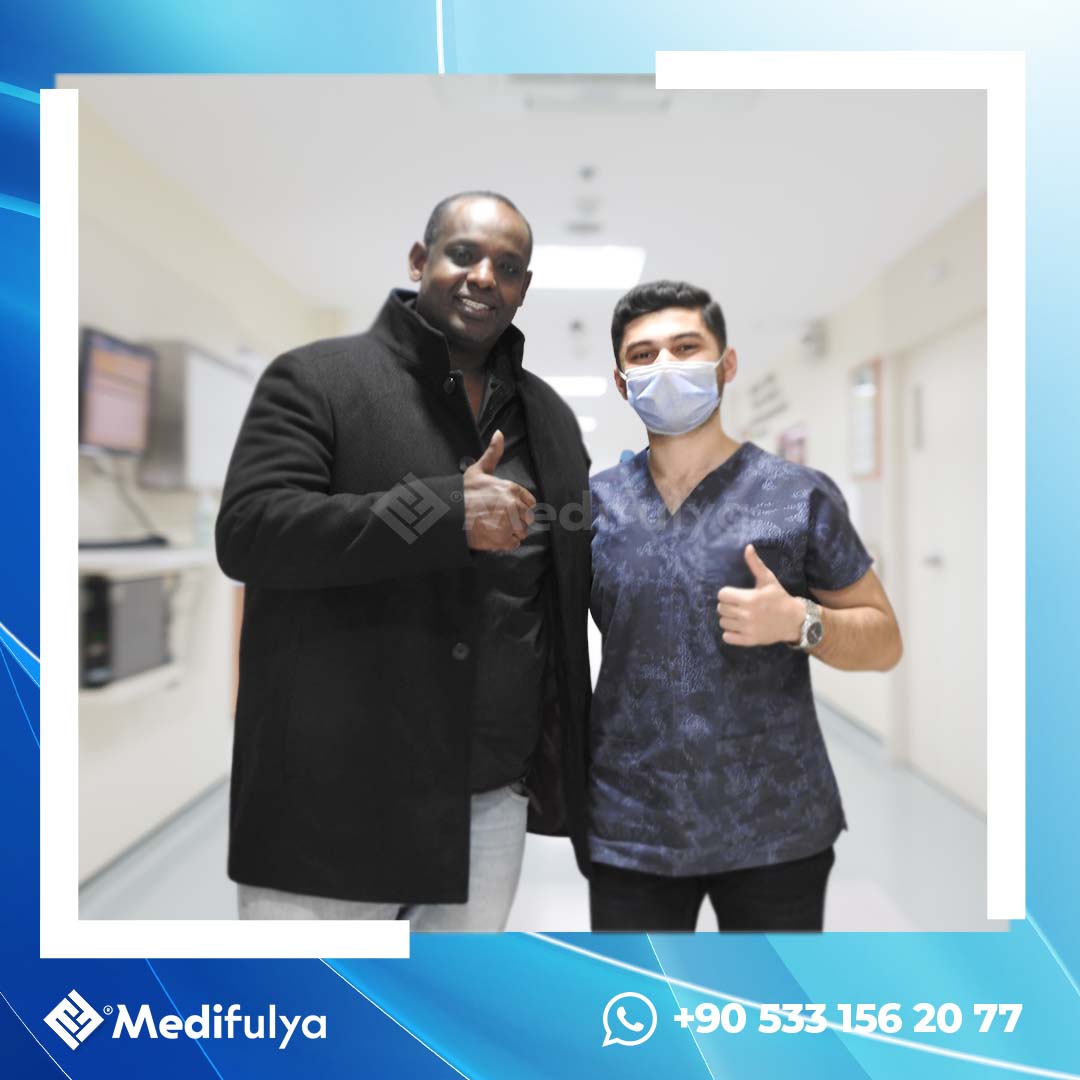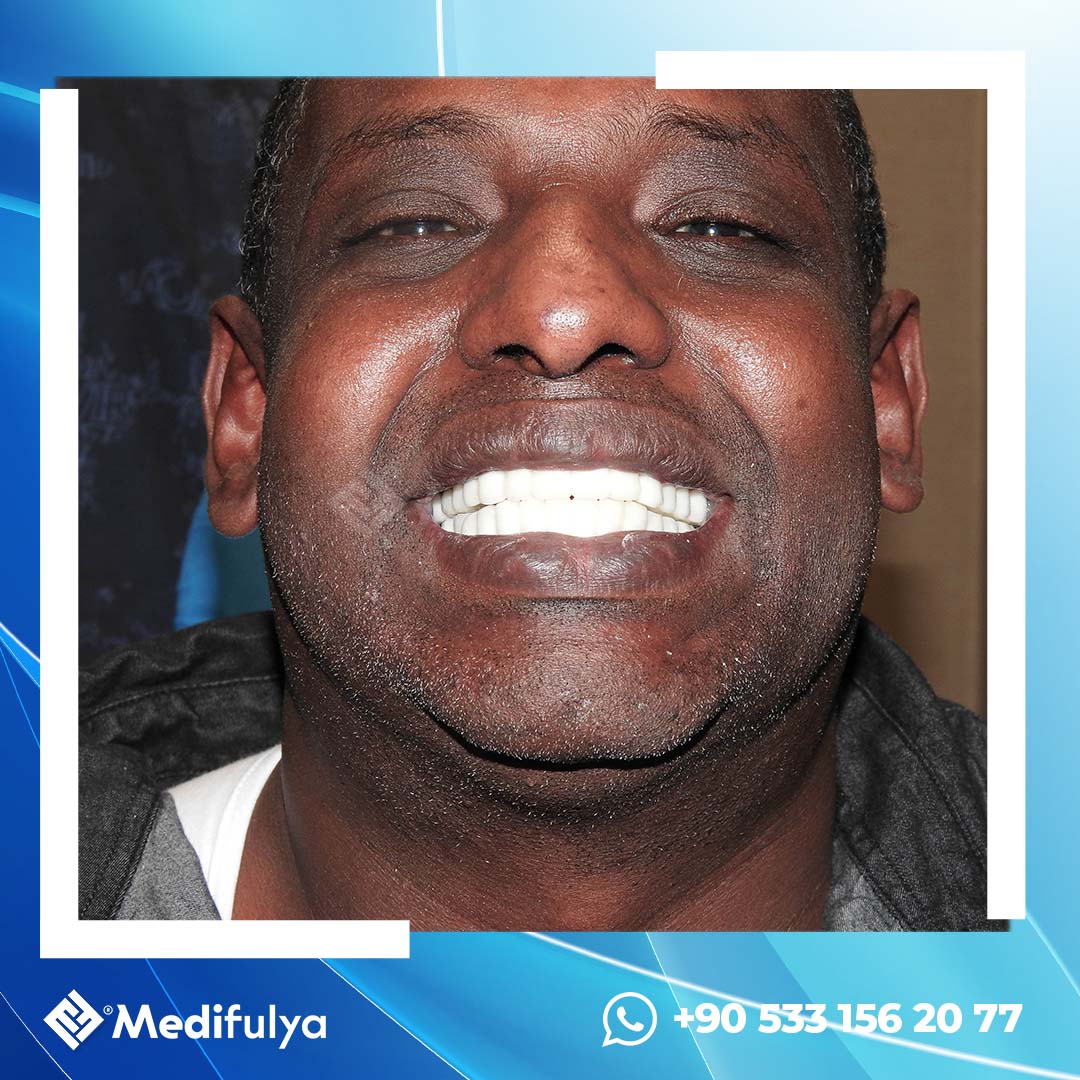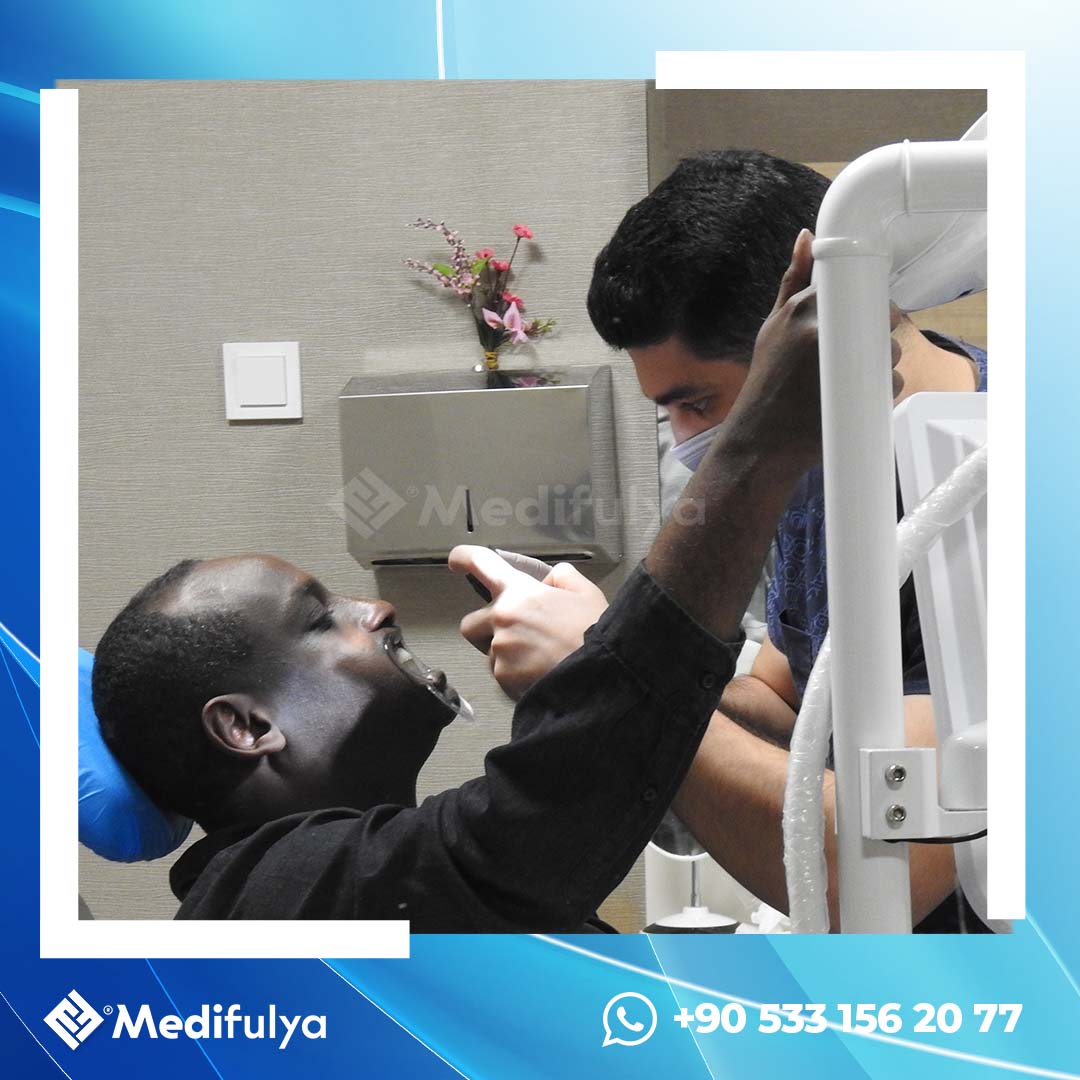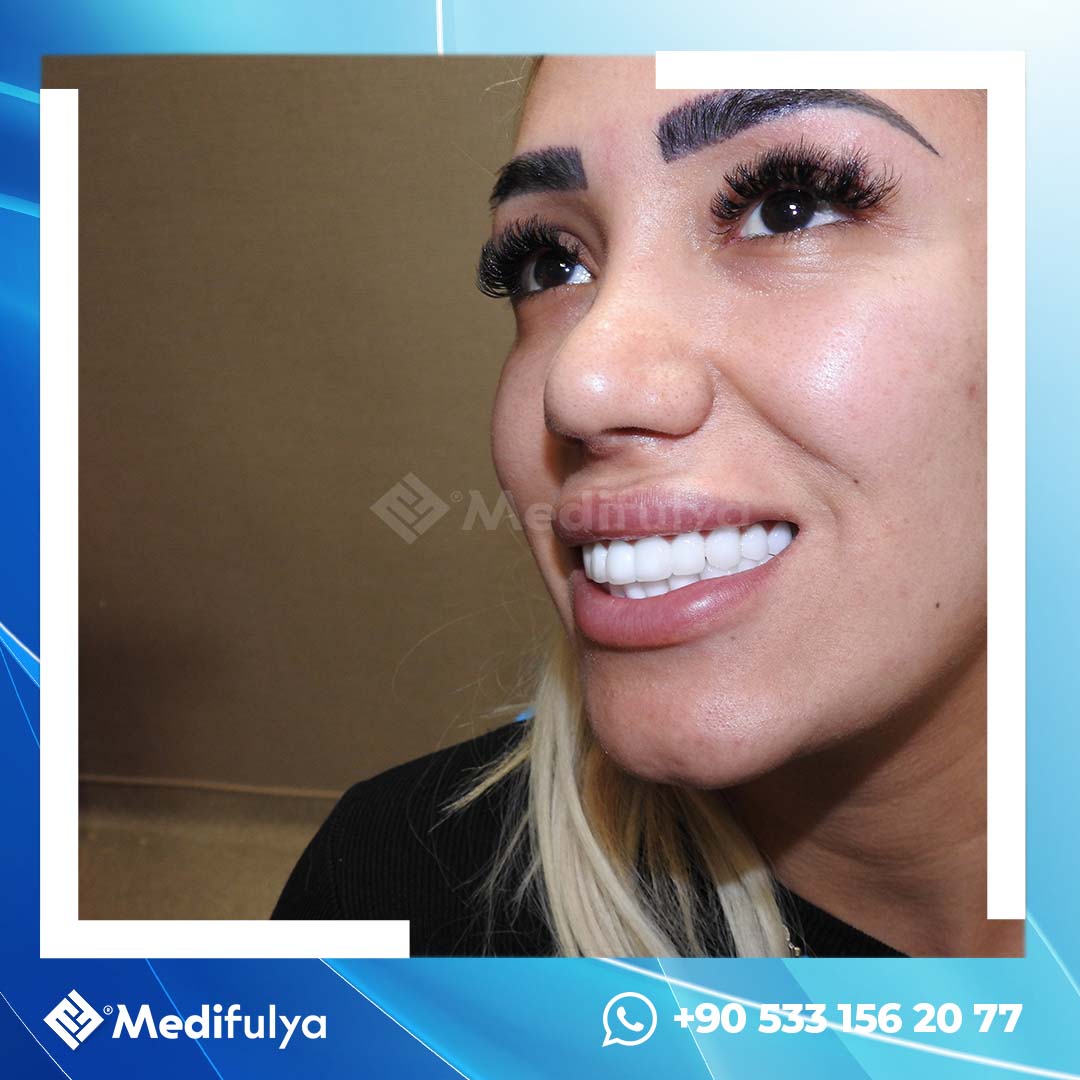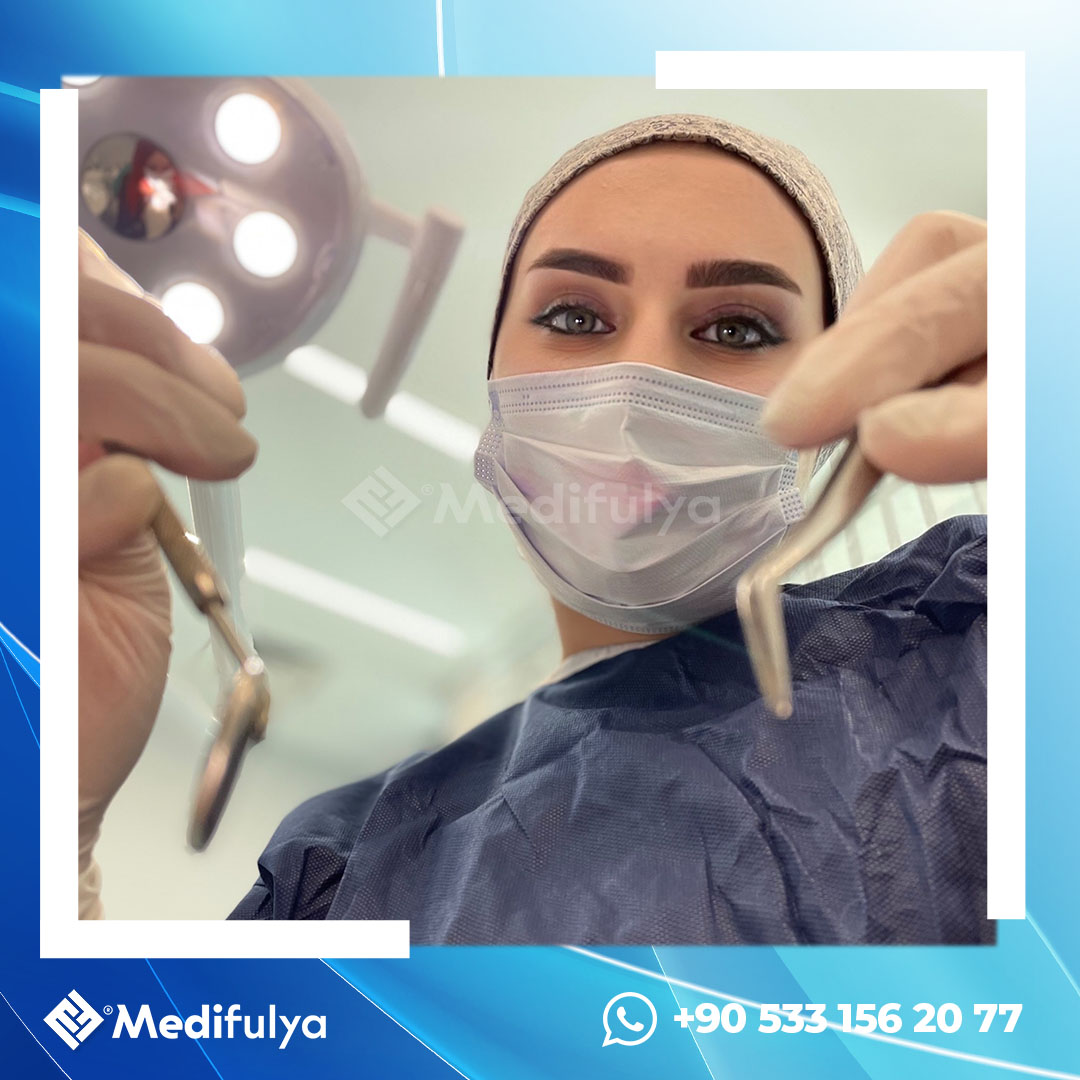What is orthodontics?
Orthodontics; It is the science that deals with the diagnosis, treatment and prevention of jaw, tooth and facial disorders. Orthodontic treatment helps the teeth to be in the correct positions by helping the development of the jaw in young children, while in adults, it provides correction of existing crowding and closing irregularities, as well as maxillofacial disorders.
With orthodontic treatment, you can have a healthier mouth, a more impressive appearance and teeth that will stay in your mouth longer. In addition, orthodontics; It cooperates with various branches of medicine and dentistry in the treatment of congenital or acquired jaw and facial disorders.
Who performs orthodontic treatment?
Orthodontic treatments should be performed by specialist physicians who have received the title of "Orthodontist" by completing at least 4 years of orthodontic specialization training following 5 years of dentistry education.
Who is the orthodontist?
Orthodontist; Dentists who have specialized training on orthodontic disorders and their treatments are called. After 5 years of Dentistry education, those who have been accepted to at least 4 years of Orthodontics specialization or doctorate program and who have prepared a specialization thesis and passed the necessary exams as a result of this process, become orthodontists. Orthodontic expertise requires long-term training and practice.
How is orthodontic treatment done?
Orthodontic treatment is done with the help of fixed or removable apparatus applied to the teeth or jawbone. The shape of these apparatus is not optional, it is determined according to the requirements of the treatment.
Non-fixed devices;
Non-fixed devices, which are mostly used in the mixed dentition period between the ages of 7-12, help the jaw development and guide the eruption of permanent teeth.
Fixed orthodontic appliances;
Metal brackets; They are the most commonly used orthodontic appliances. These brackets, which adhere to the teeth one by one, move the teeth thanks to the orthodontic wires passing between them.
Transparent Brackets; These brackets, which are made of tooth-colored or completely transparent material, work on the same principle as metal brackets. The most important difference is that it looks less. In addition, it is mostly used in adults because it requires more care and attention.
Lingual brackets; They are fixed metal brackets that adhere to the inner surface of the teeth. The most important feature is that it is never seen from the outside. Due to the differences in the treatment technique, the treatment times are longer than the front-mounted brackets.
Treatments without wire
These treatments are applied in the form of correction of dental crookedness using a series of clear aligners. The teeth, which are gradually corrected in the computer environment, are corrected by these invisible plates. These plates are only removed for eating and brushing, and they are constantly worn apart from that. It is used only in patients with tooth decay and is not suitable for use in disorders of the maxillofacial system.
Why should we have orthodontic treatment?
Most of the individuals primarily apply to the orthodontist with aesthetic concerns due to the crowding of the teeth. However, tooth crowding causes many problems besides aesthetics. Closure disorders, which we call malocclusion, are not only aesthetic problems, but also cause chewing and speech disorders.
Since it is more difficult to maintain oral hygiene with crooked teeth, caries occurs more easily. Likewise, plaque accumulation increases at the interfaces and gum diseases occur with gingival recessions.
Due to the crowding in the teeth, the lower and upper teeth cannot come to their normal closure, the forces cannot be transmitted to the jaw bones and thus the joint normally. This causes joint problems (clicking sound when opening and closing the mouth).
It has been observed that trauma (such as falling, hitting a ball) affects the front teeth more and can often lead to losses in the front teeth, especially in children or individuals with a forward upper jaw or a higher tooth than they should be.
Especially in individuals who have more gaps between their lower and upper front teeth than they should be, the pronunciation of some sounds becomes difficult and this can lead to speech disorders.
As a result of the incompatibility between the jaws and teeth, sometimes the teeth can not find a place and remain embedded. Impacted teeth can dissolve the roots of adjacent teeth or cysts can form around impacted teeth and lead to pathological results.
Orthodontic treatment should be considered as a kind of vaccine. Like vaccines made to protect our children from diseases; Children whose teeth and jaw structure are optimized by orthodontic treatment reduce the risk of having dental and jaw diseases throughout their lives.
A beautiful smile and beautiful teeth will not only increase one's self-confidence, but also create positive effects in their social life. The importance of a beautiful smile and aesthetics is inevitable in the individual's place in society.
When should we go to the orthodontist?
In children, milk teeth begin to erupt at the age of 6 months and are completed around the age of 2.5 years. Permanent teeth begin to erupt at the age of 6-7 and continue until the age of 12. In this period, that is, when the permanent teeth start to erupt, it is useful to perform an orthodontic examination in order to diagnose possible orthodontic problems and to stop them if present. Early intervention may be required at the age of 7-8 years in jaw disorders. In cases where only the teeth show irregularity, it is generally expected that the permanent dentition is completed for treatment. In adult patients, teeth can always be moved, but it should be noted that increasing age will reduce the duration of treatment and tolerance to treatment.
How long do orthodontic treatments take?
The duration of orthodontic treatments varies from individual to individual and according to the type of treatment to be performed. The treatment of only dental disorders takes less time than the treatment of disorders with jaw irregularities with teeth. Positive results can be obtained in orthodontic and orthopedic treatments between 6-24 months on average. The reduction or prolongation of the treatment period also depends on the individual being treated. Protecting the health of the teeth and gums during the treatment, avoiding foods that should not be eaten, and using the appliances applied in the treatment correctly and properly are the factors affecting the duration of the treatment.
How often is it necessary to go to check-ups during the treatment?
During the orthodontic treatment, controls are made with an average of 4-6 weeks, with the first time being more frequent.
Is there pain or pain during or after orthodontic treatment?
You do not get hurt in any way during the installation of brackets on your teeth. It is normal for you to feel a slight sensitivity for a very short time after each appointment, as the arch wires on your teeth will be changed and force will be applied again during your monthly periods when you come for control.
What should be done for the care of the brackets and cleaning the mouth?
The most important point to be considered during the treatment is to brush the teeth immediately after the meal, regardless of what is eaten. After each brushing, it should be carefully checked in the mirror whether the brackets are adequately cleaned around them. The brackets have a very suitable design for the accumulation of food residue and bacterial plaque. In addition to brushing teeth, once a day in the evening, between the brackets and teeth should be thoroughly cleaned with dental floss or interface brushes. In addition, every 6 months, teeth and gums should be checked and, if necessary, taken care of.
What should be considered during the treatment?
The most important factor in the treatment process is the harmony of the Patient-Doctor-Family triangle. The appointment days given during the treatment should be followed and the duties and responsibilities given by the doctor should be fulfilled. One of the most important factors for the success of the treatment is dental and oral care. The health of the teeth and gums directly affects the success and duration of the treatment.
During the treatment, hard foods such as apples and carrots should not be eaten by biting. These foods should be cut into small pieces. In addition, it is more appropriate not to eat sandwiches and hamburgers, which are also consumed by biting, during the treatment. It is not appropriate to eat nuts such as hazelnuts, walnuts, and foods such as cherries, plums, olives without removing the seeds, as they may damage the brackets in the mouth.
Is there an age limit for orthodontic treatment? Can orthodontic treatment be applied at any age?
There is no age limit for orthodontic treatment. Age is not important in dental corrections, orthodontic treatment can be applied to anyone with healthy bones surrounding the teeth. No matter how old the patient is, dental crowding can be corrected. However, if there is an irregularity in the jaw bones of the individual (upper jaw or lower jaw forwardness or backwardness), in this case, orthodopedic treatment is required, and the timing of this treatment can be decided after the patient is examined one-on-one.












